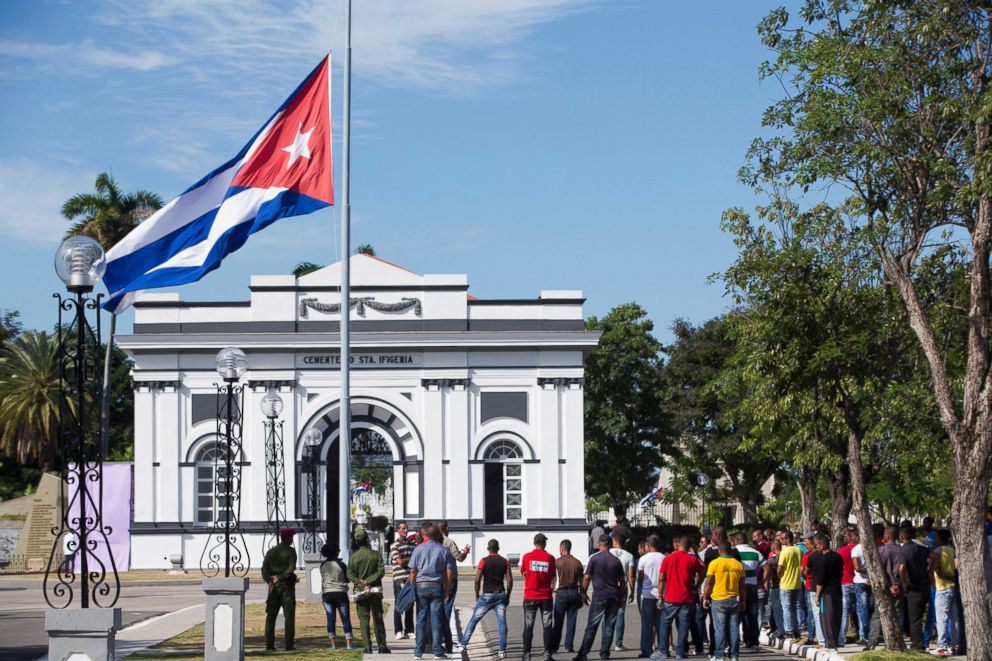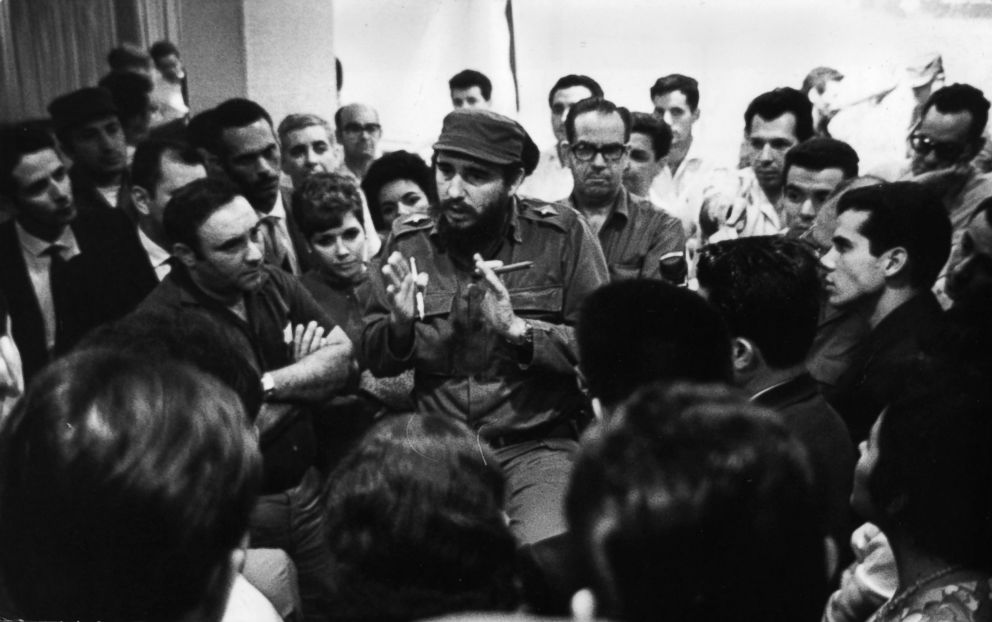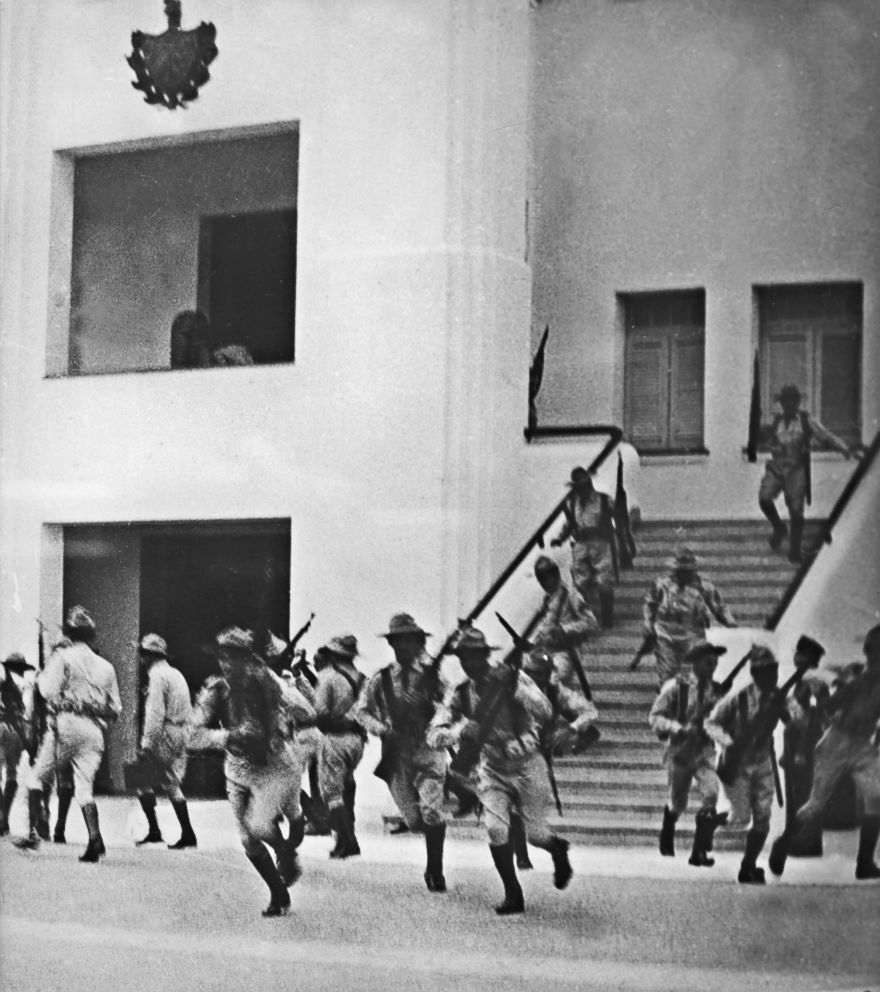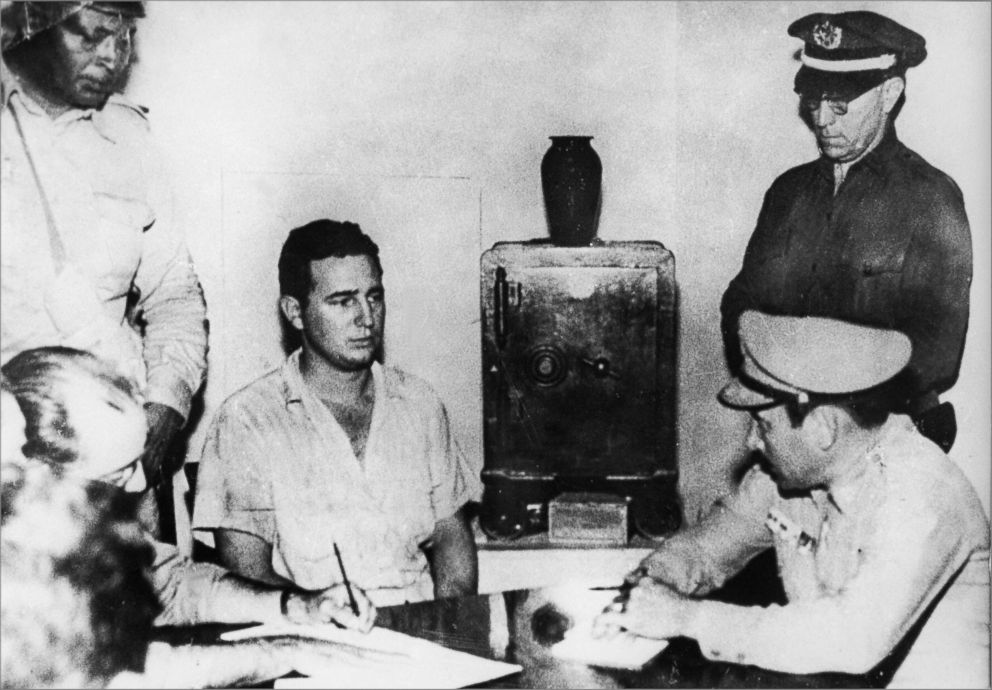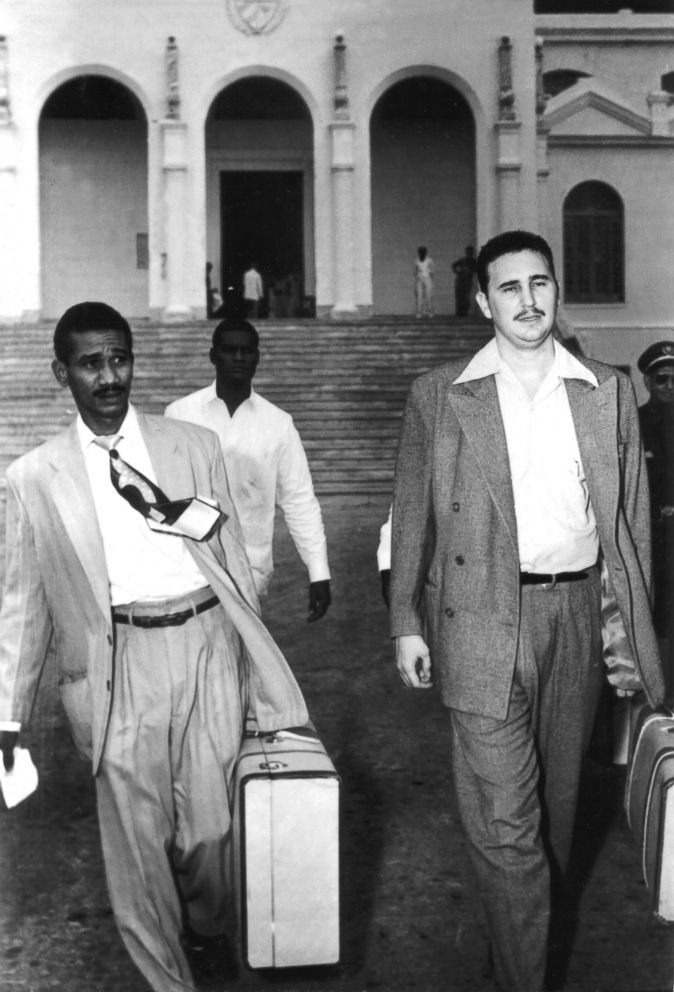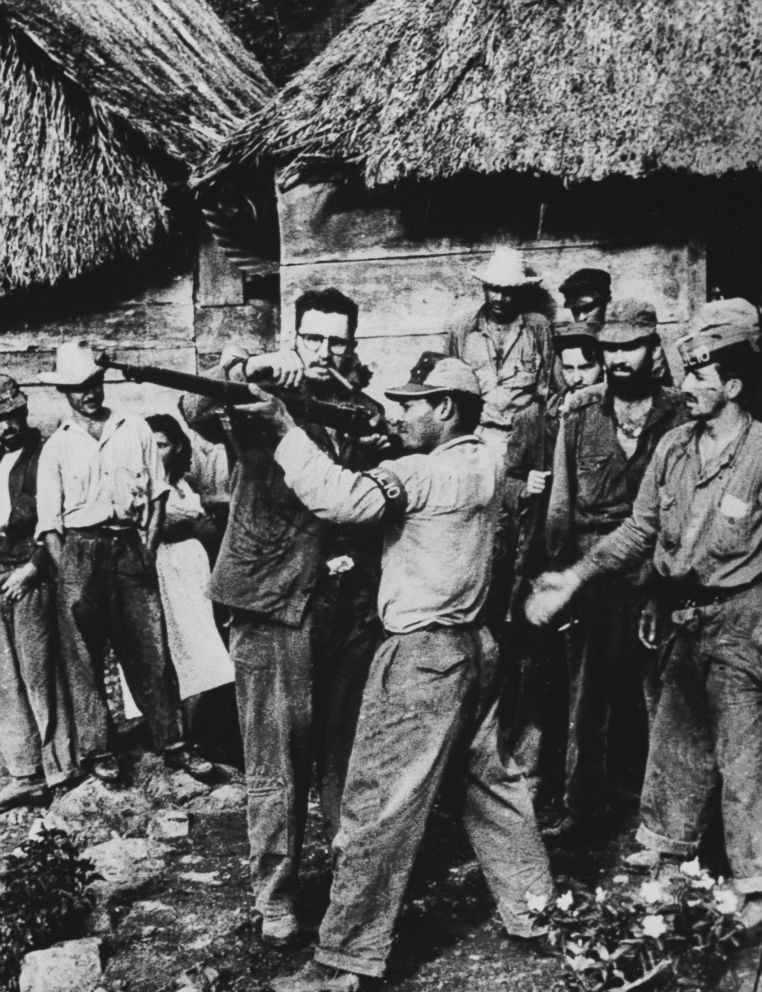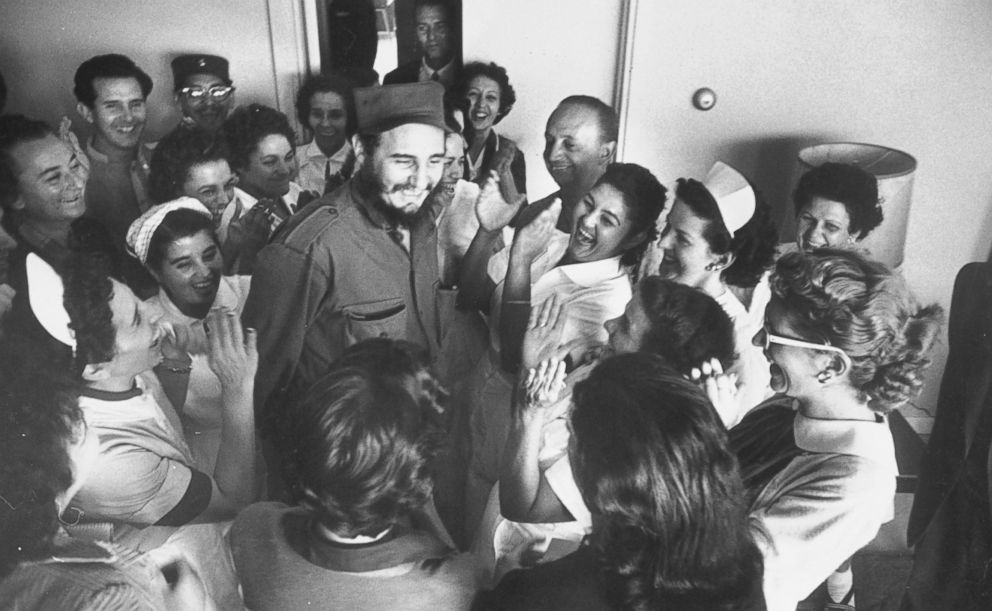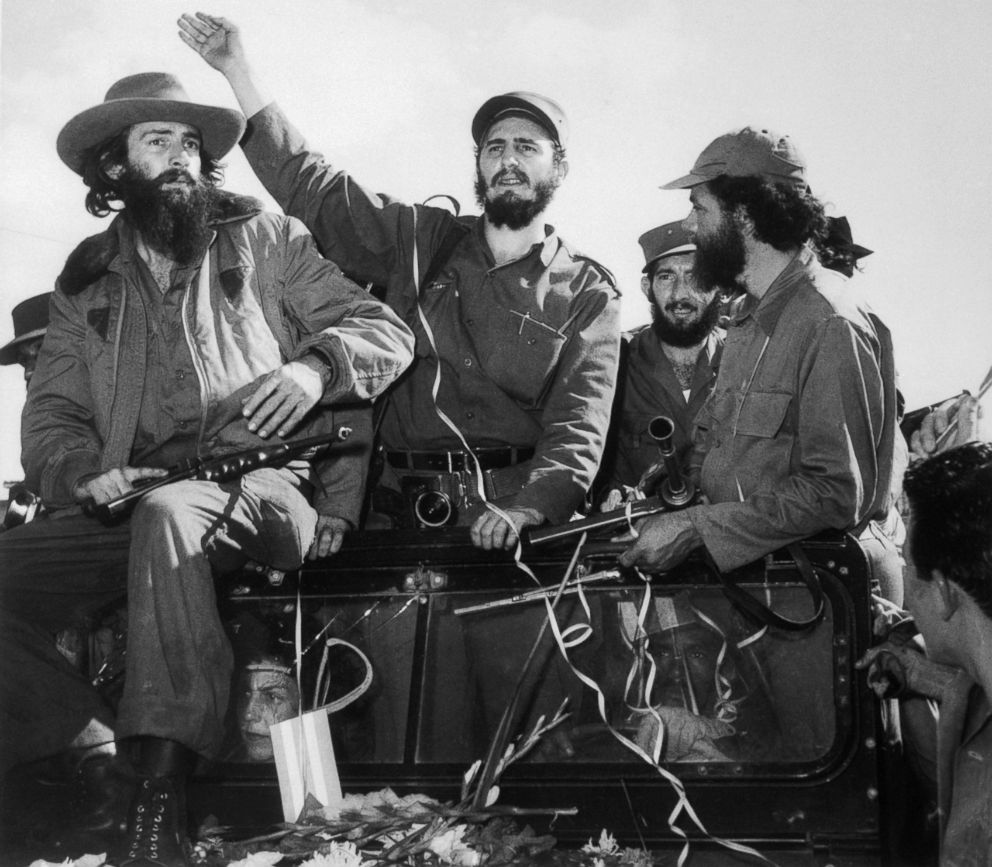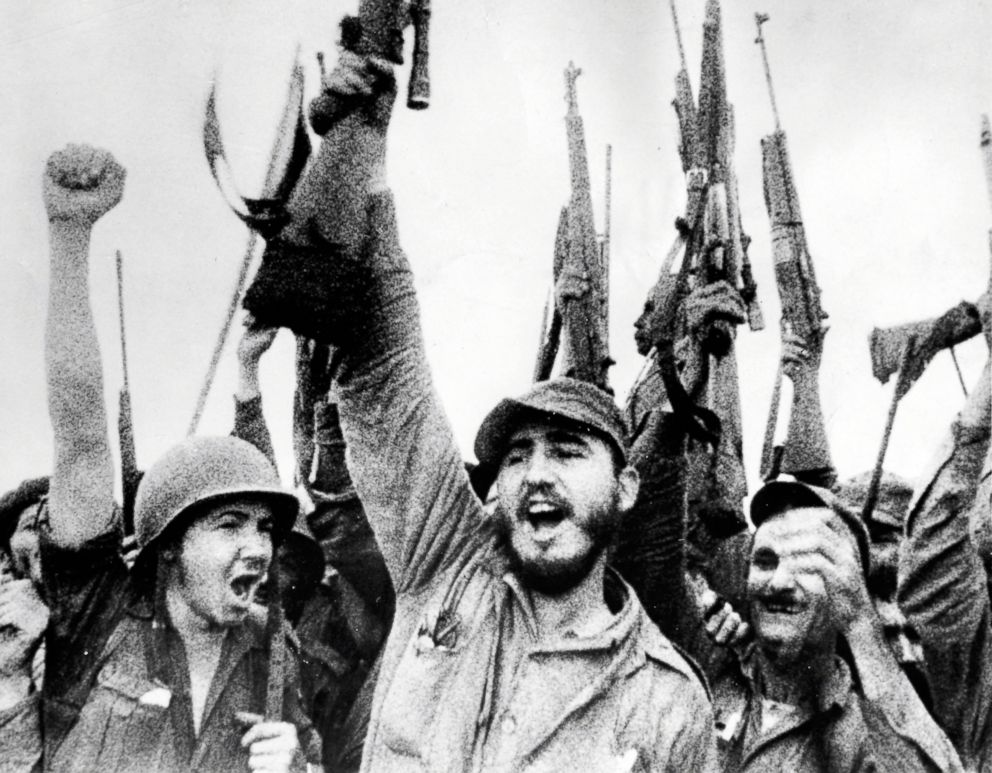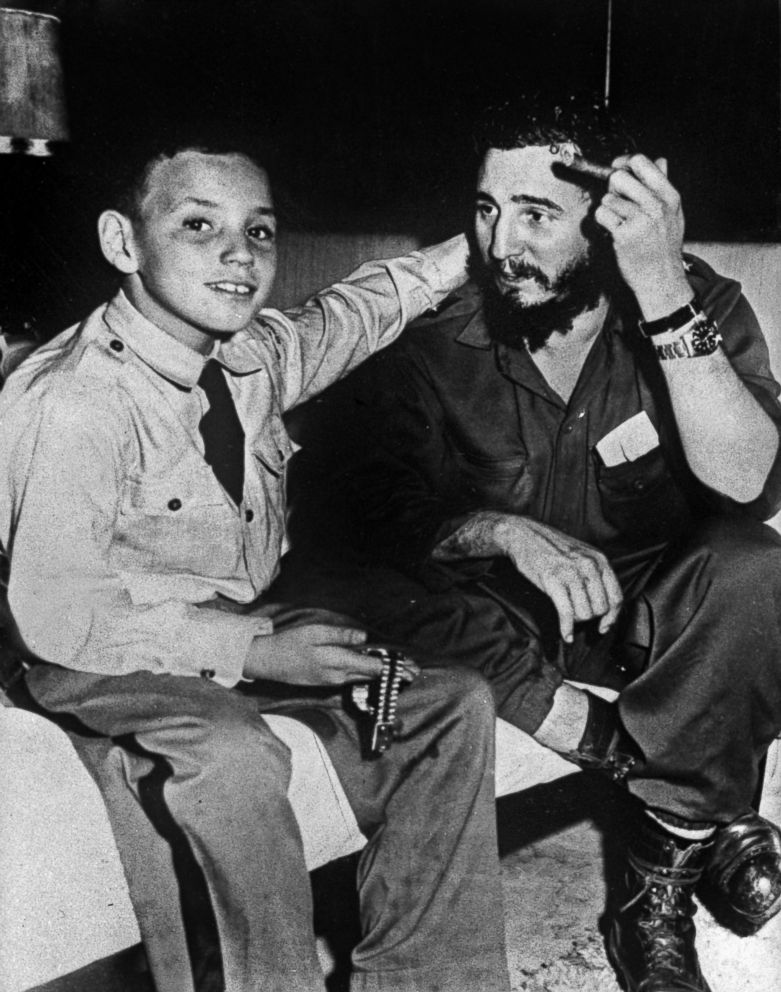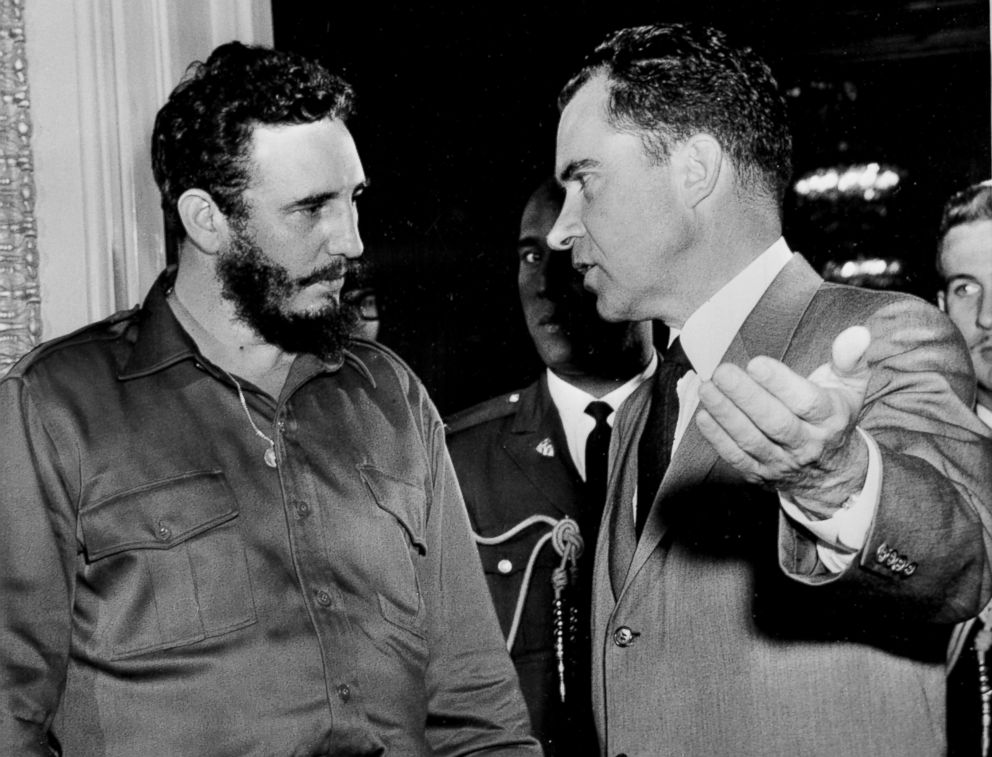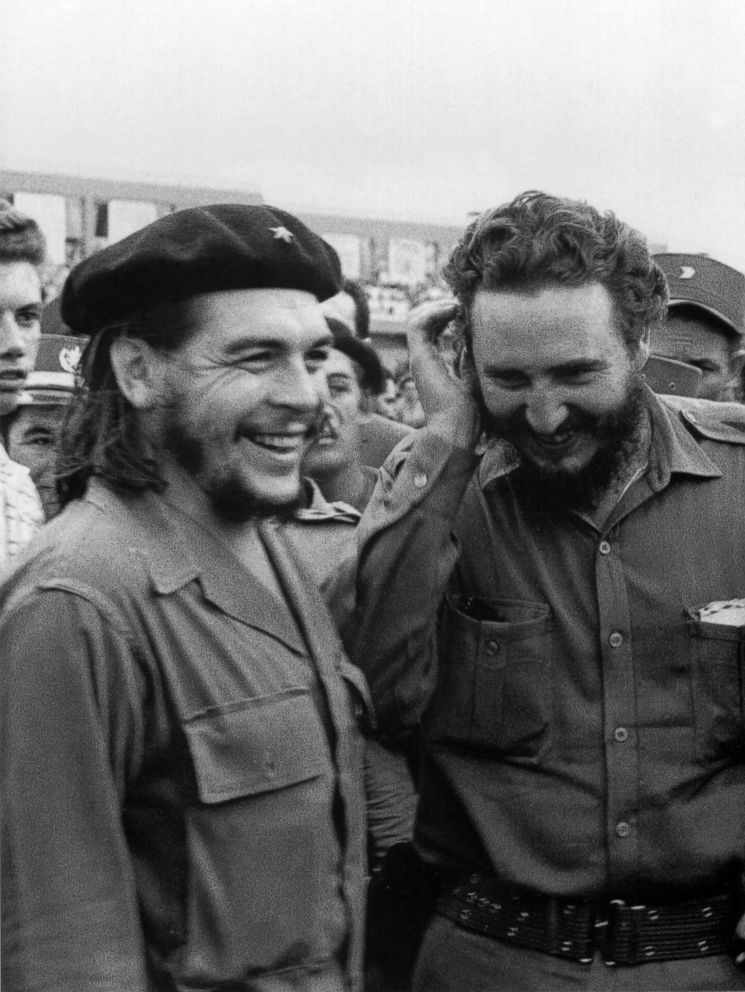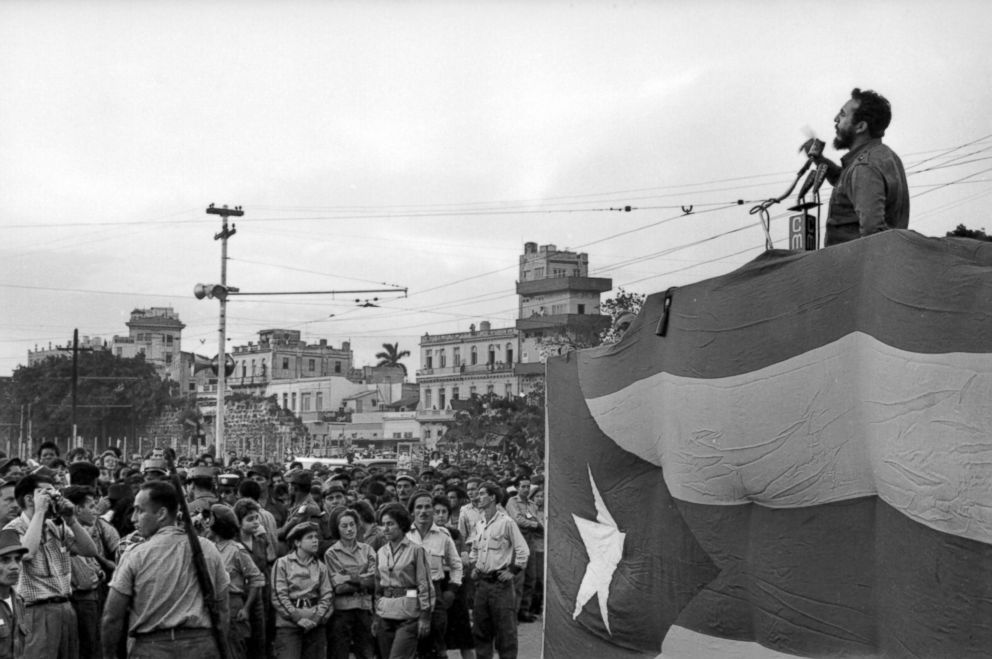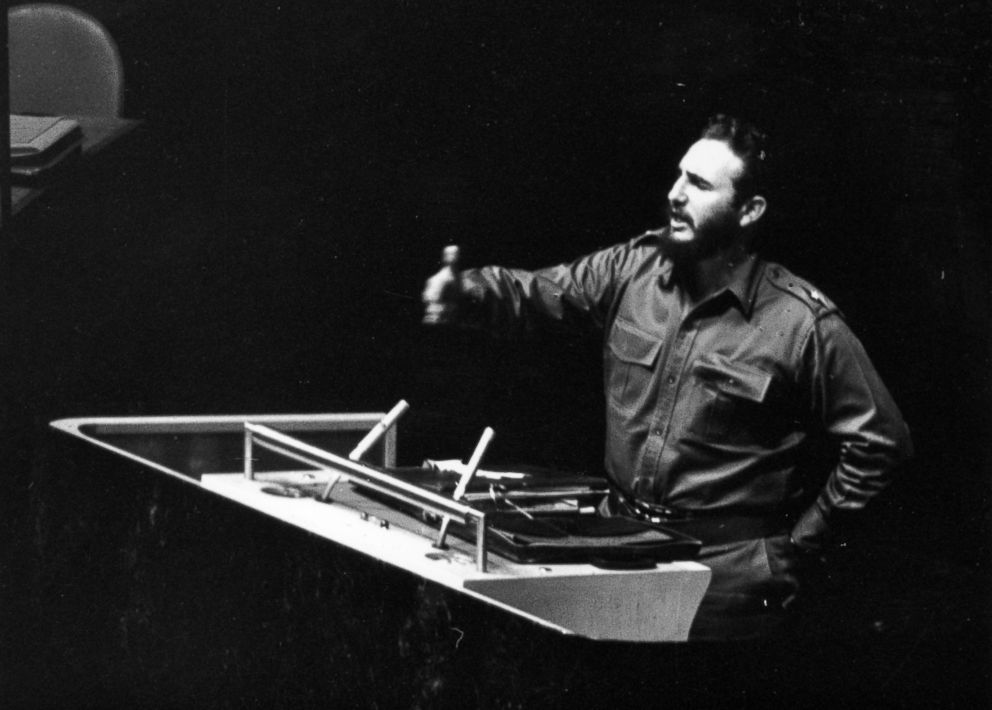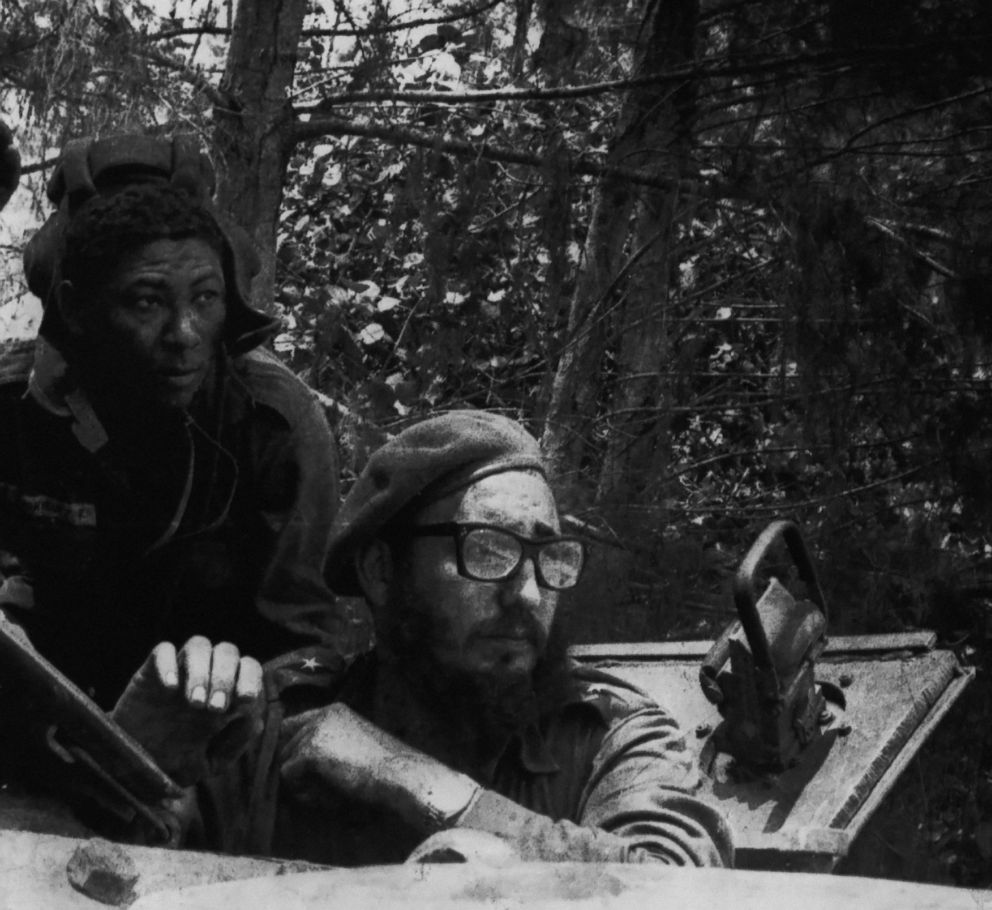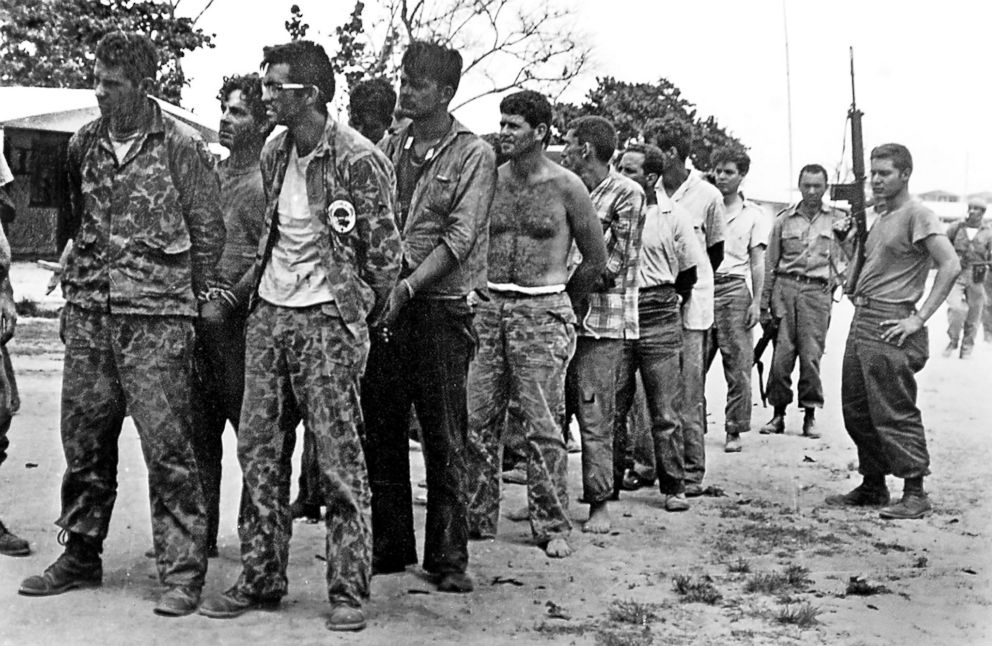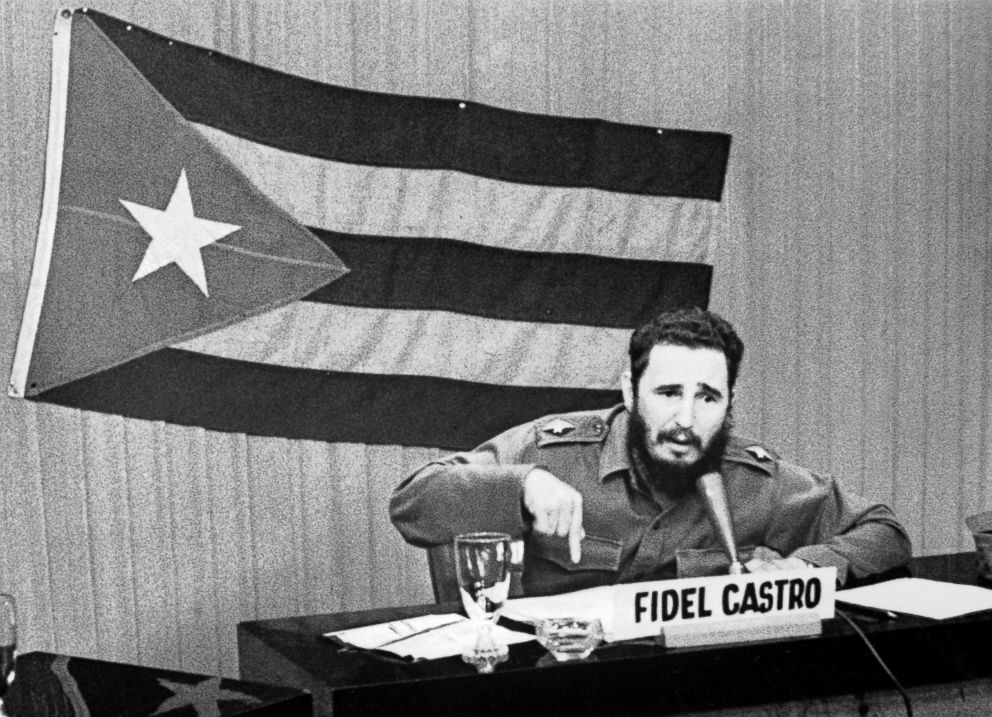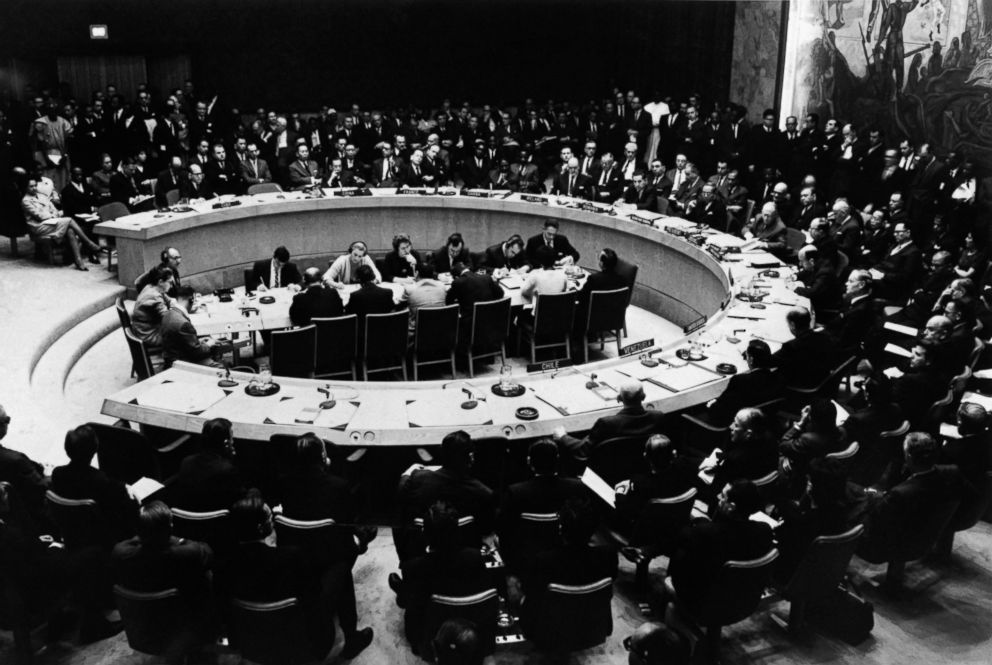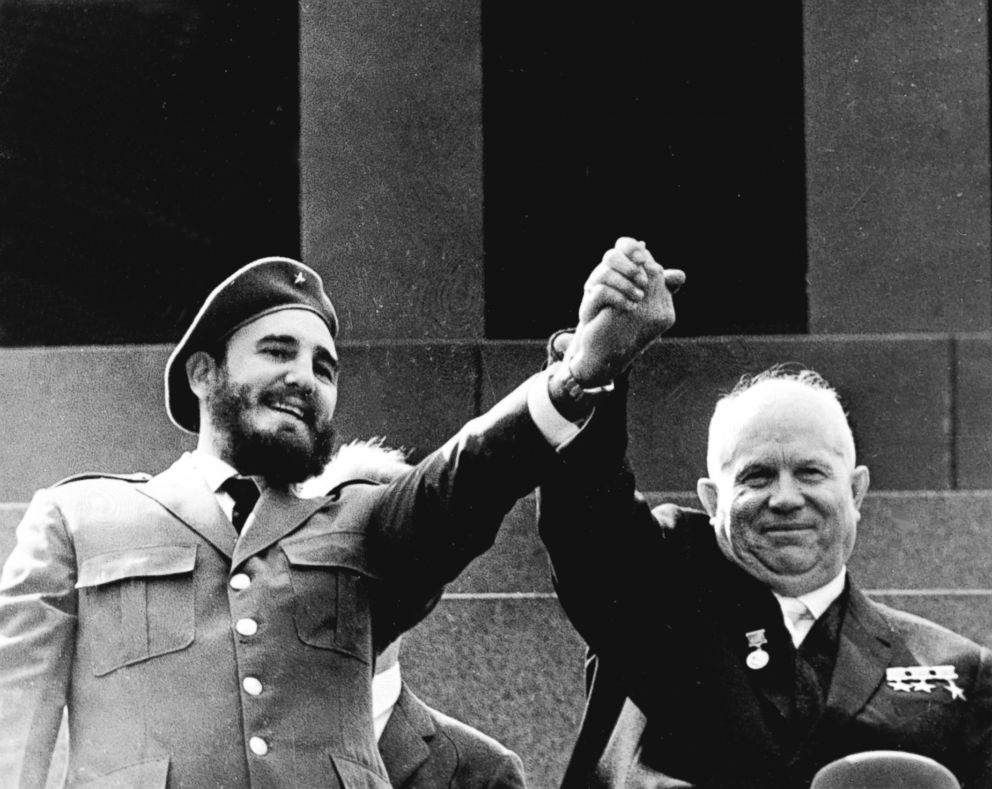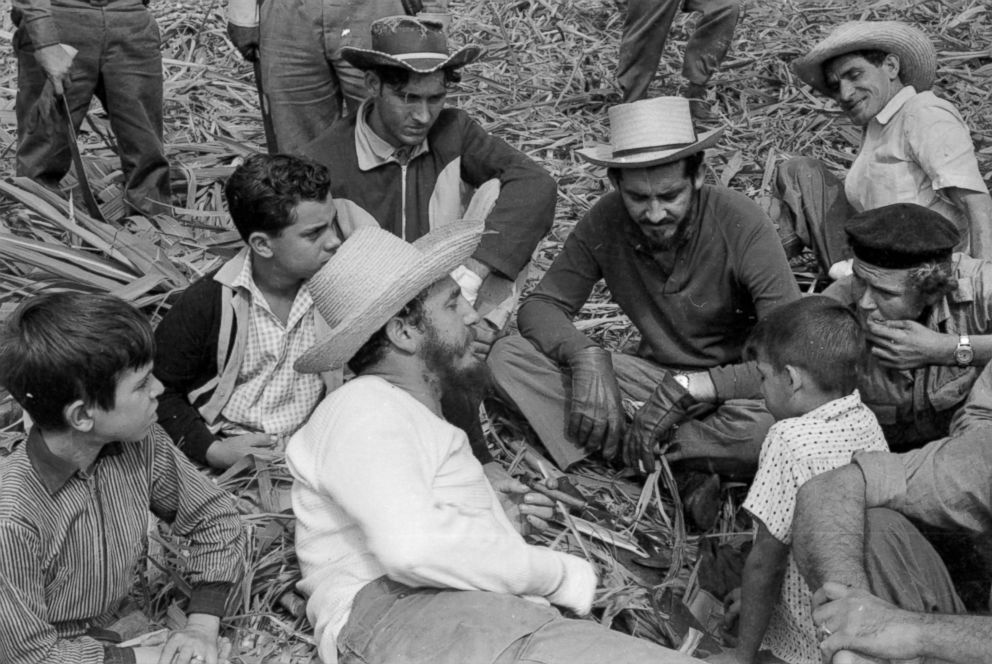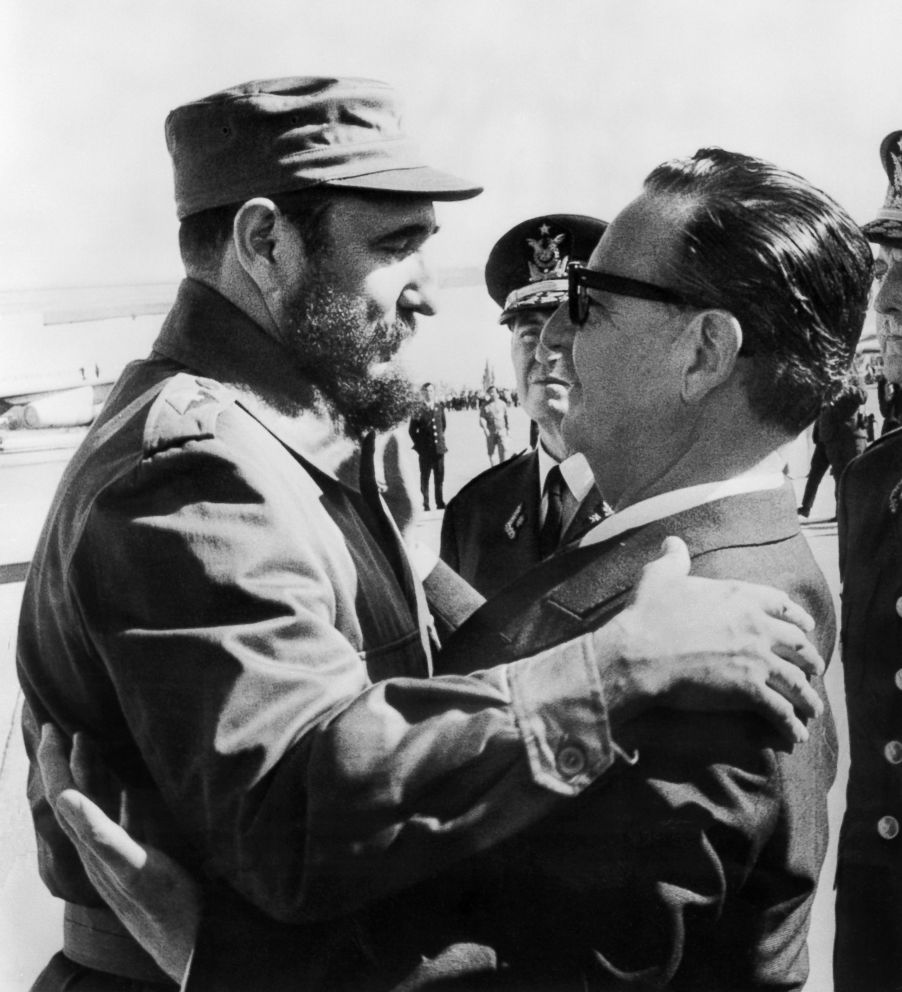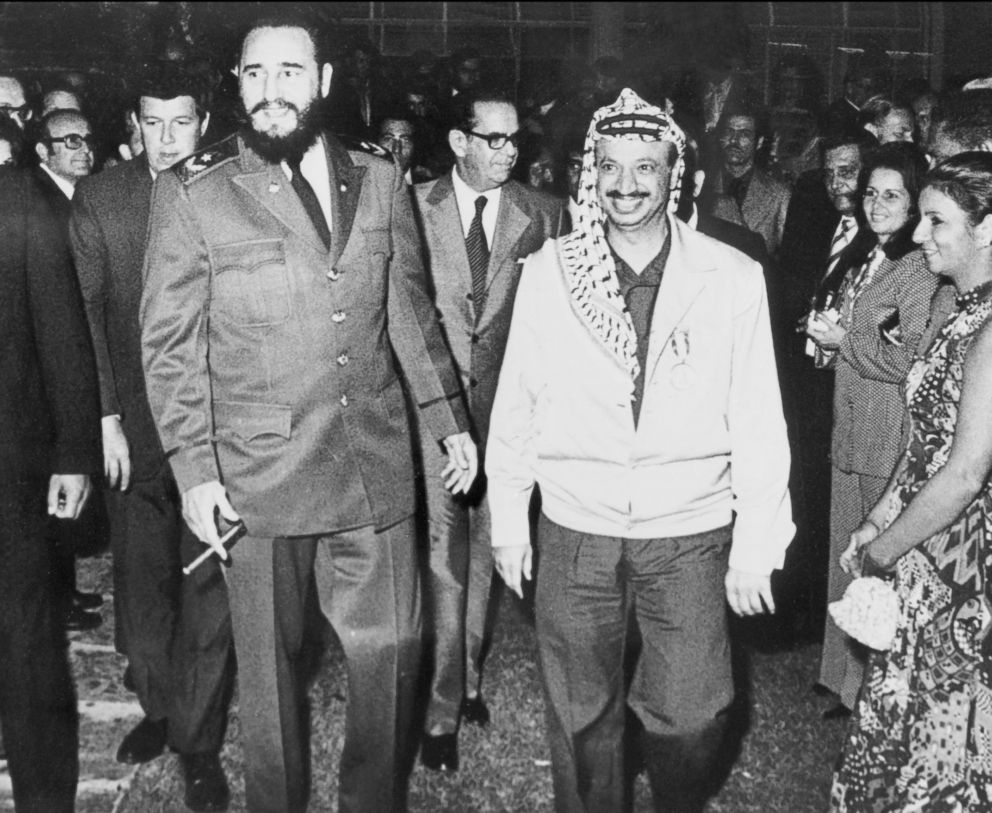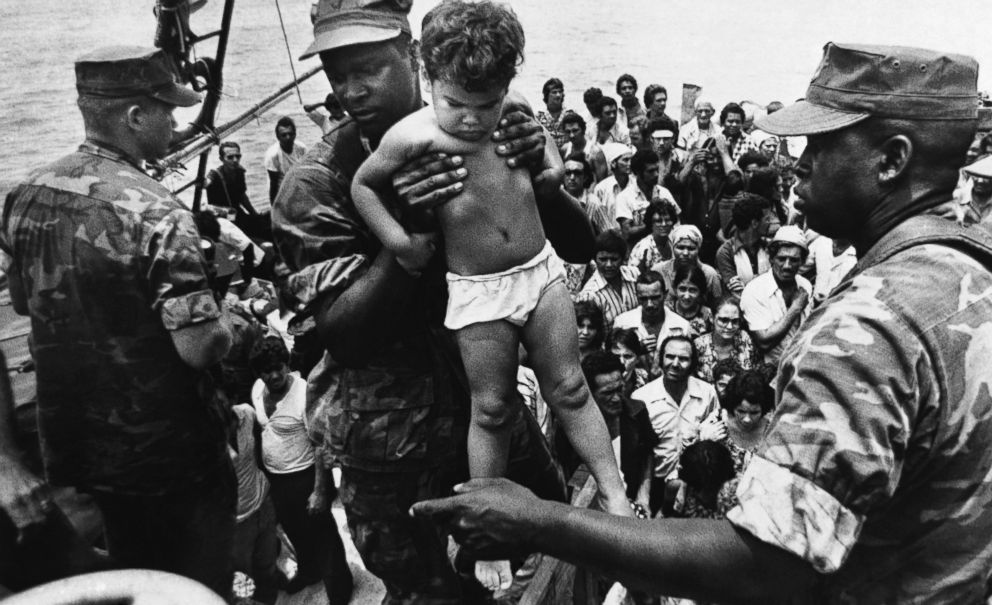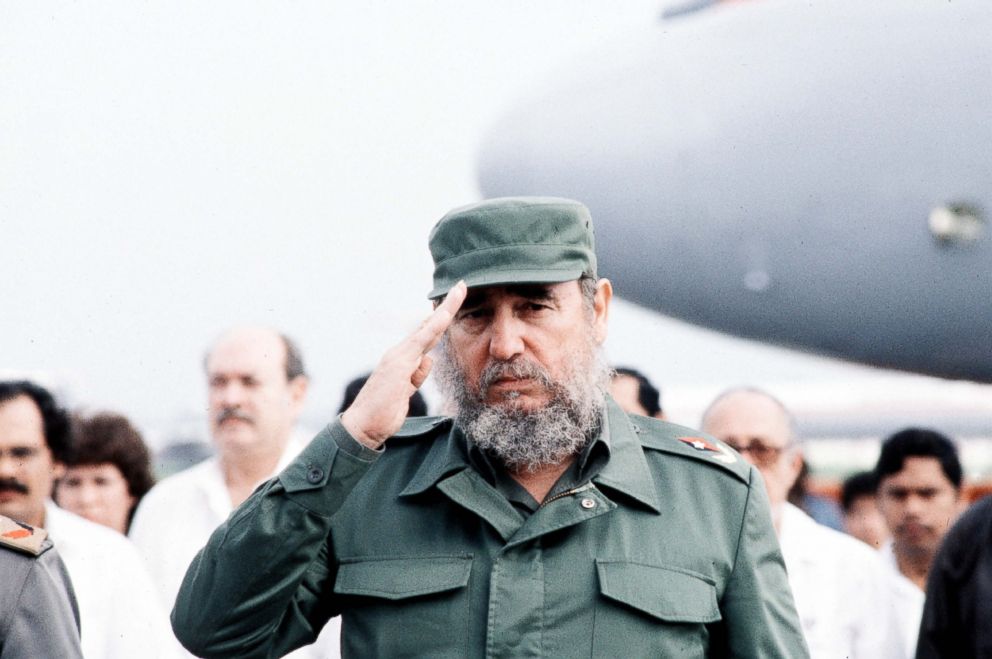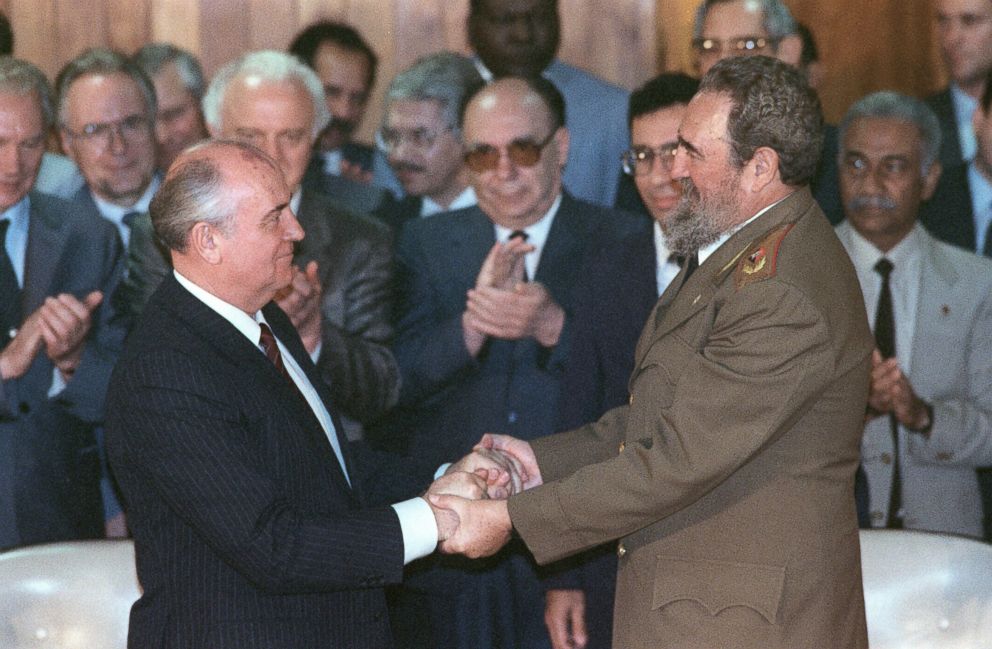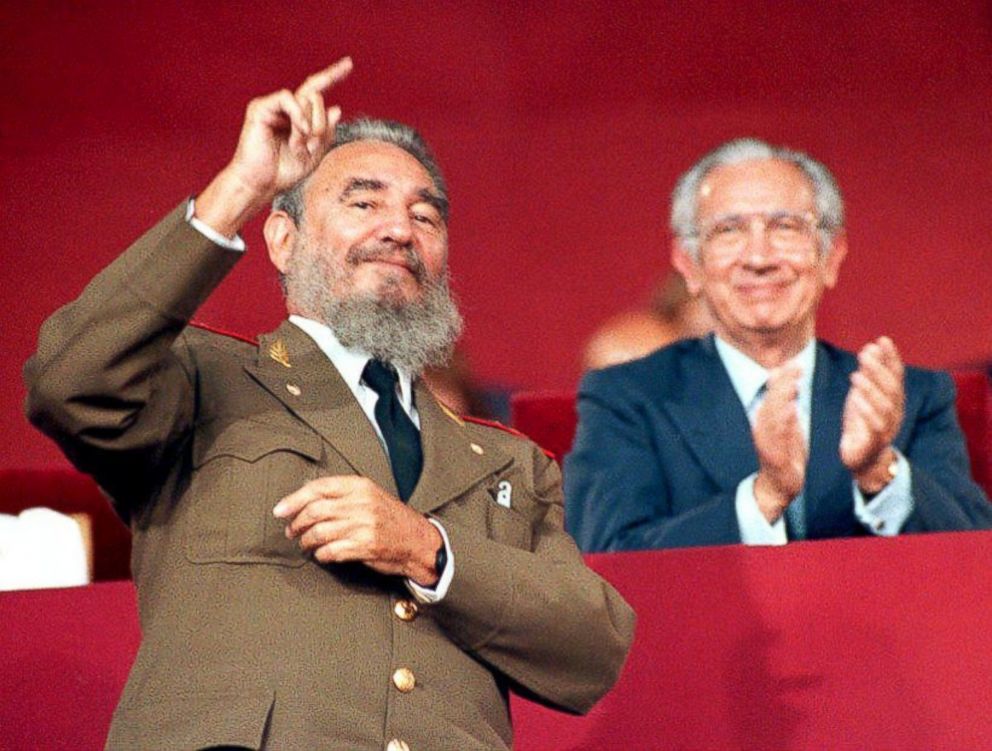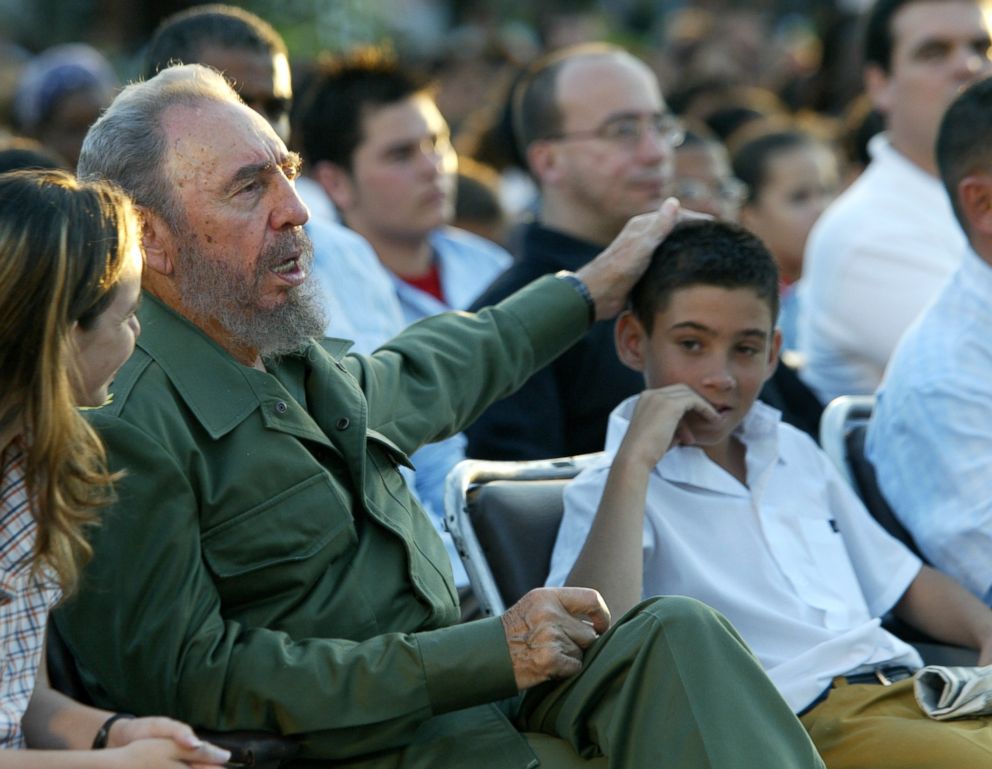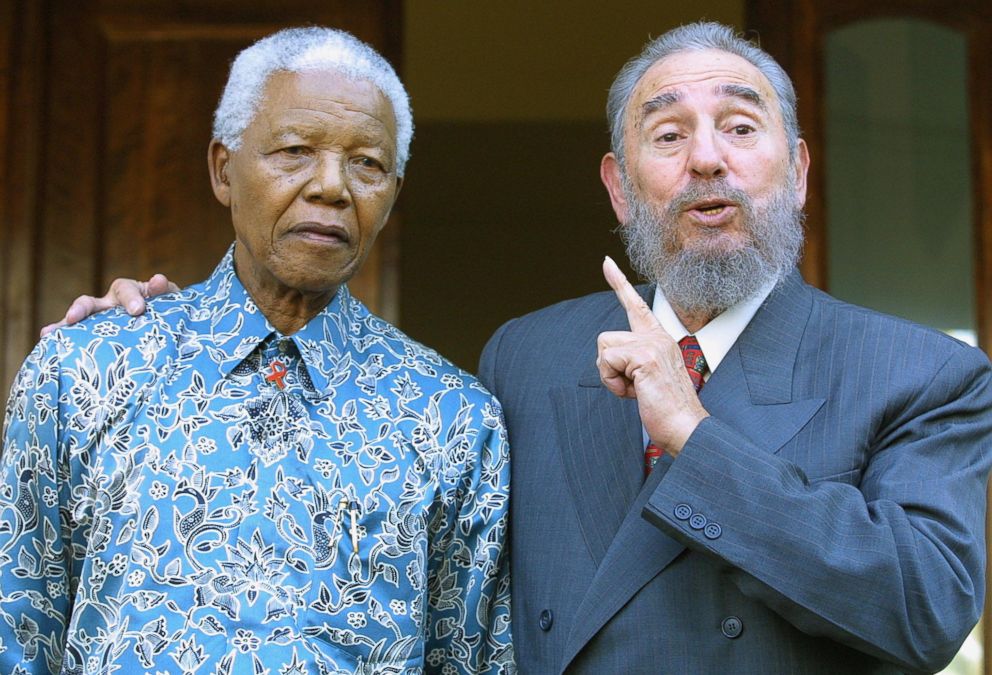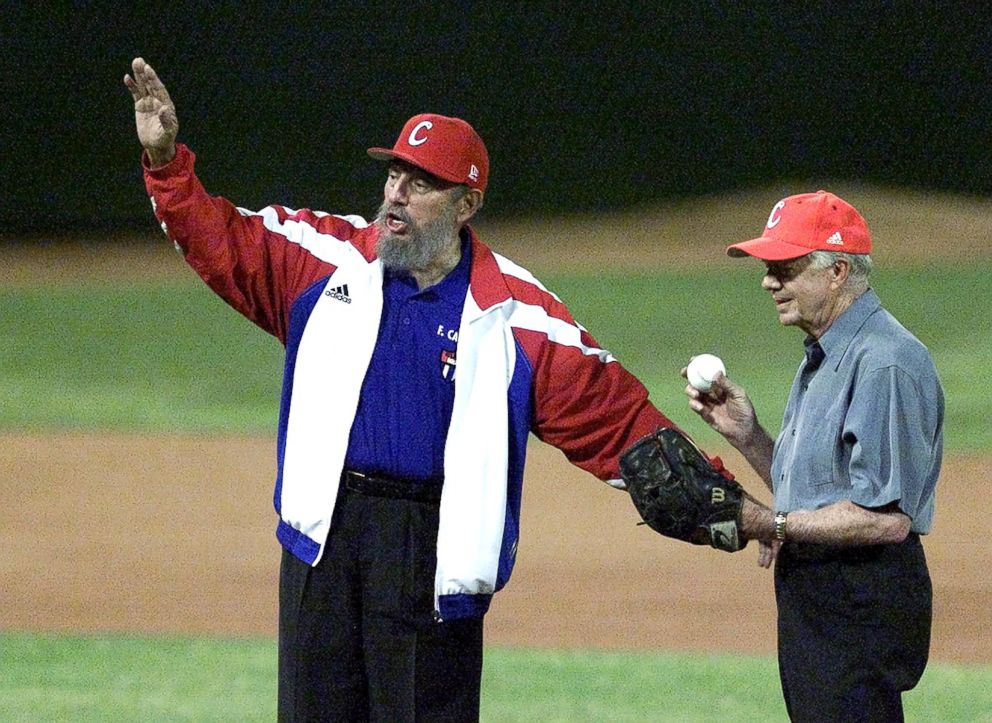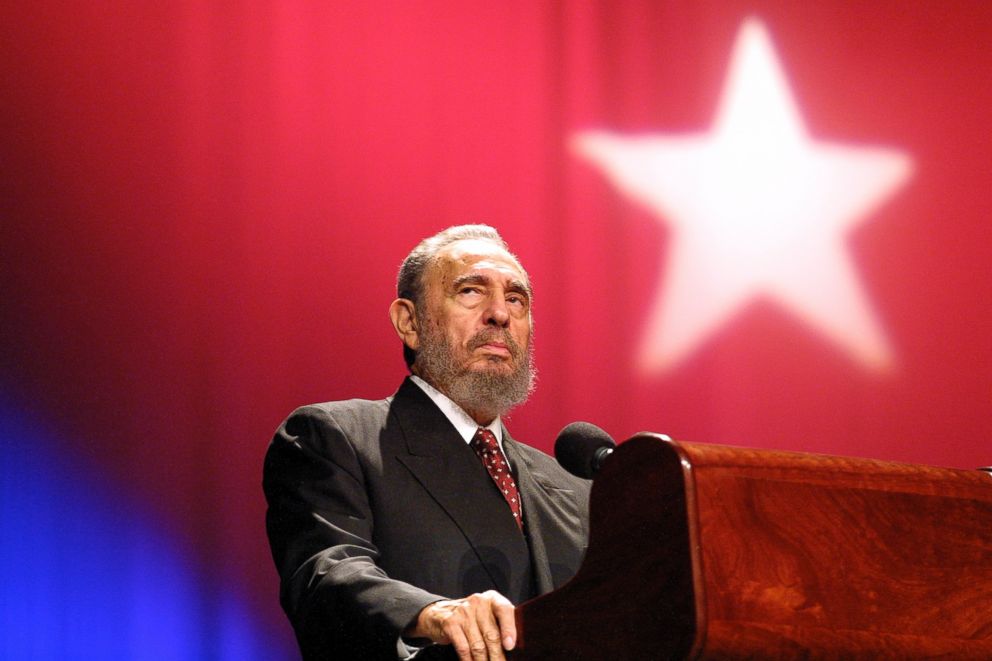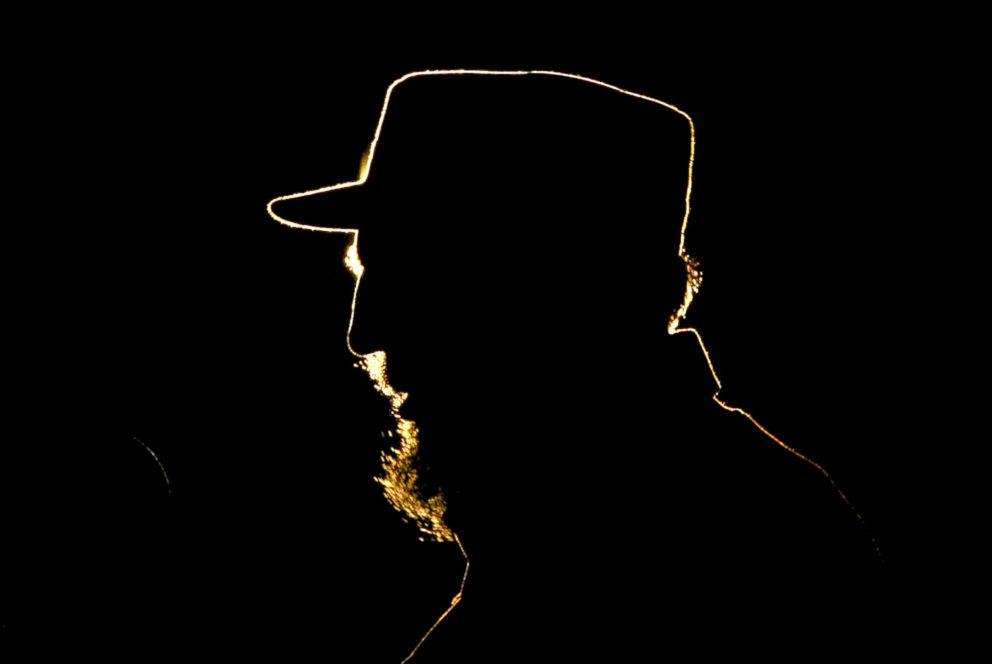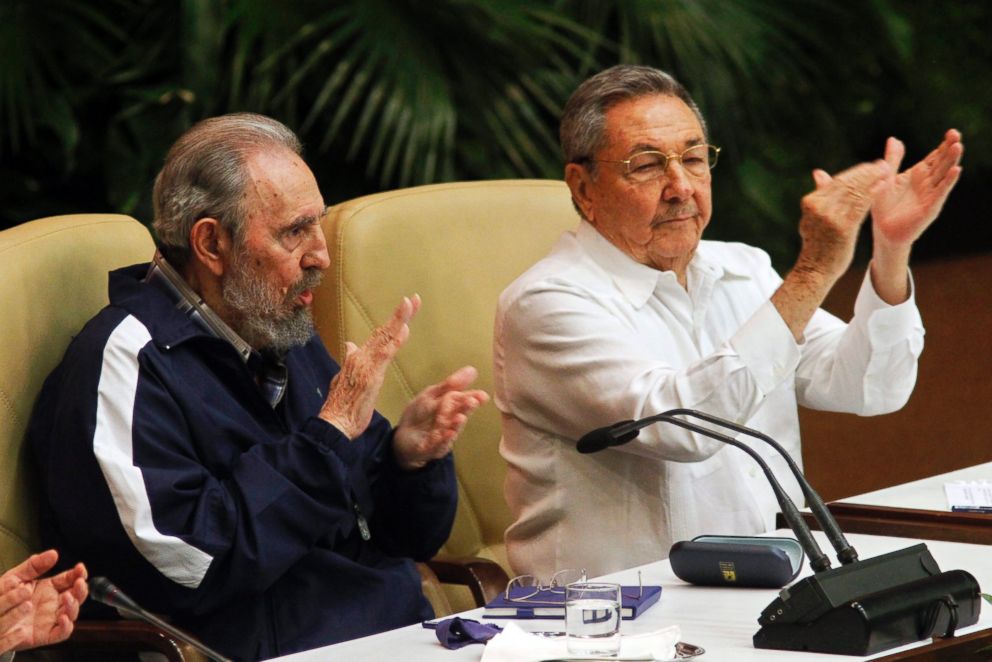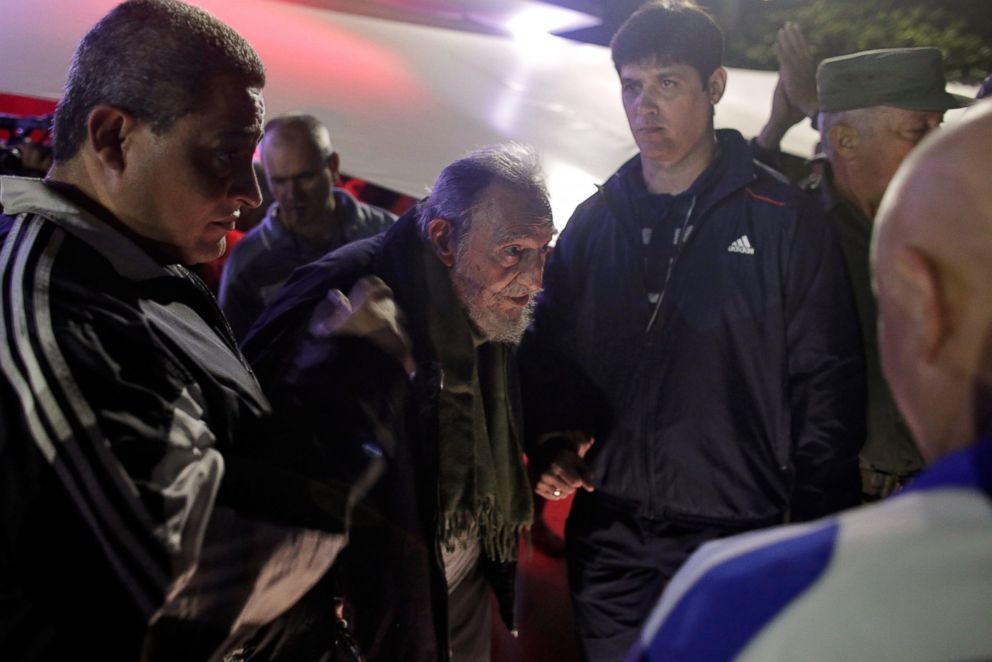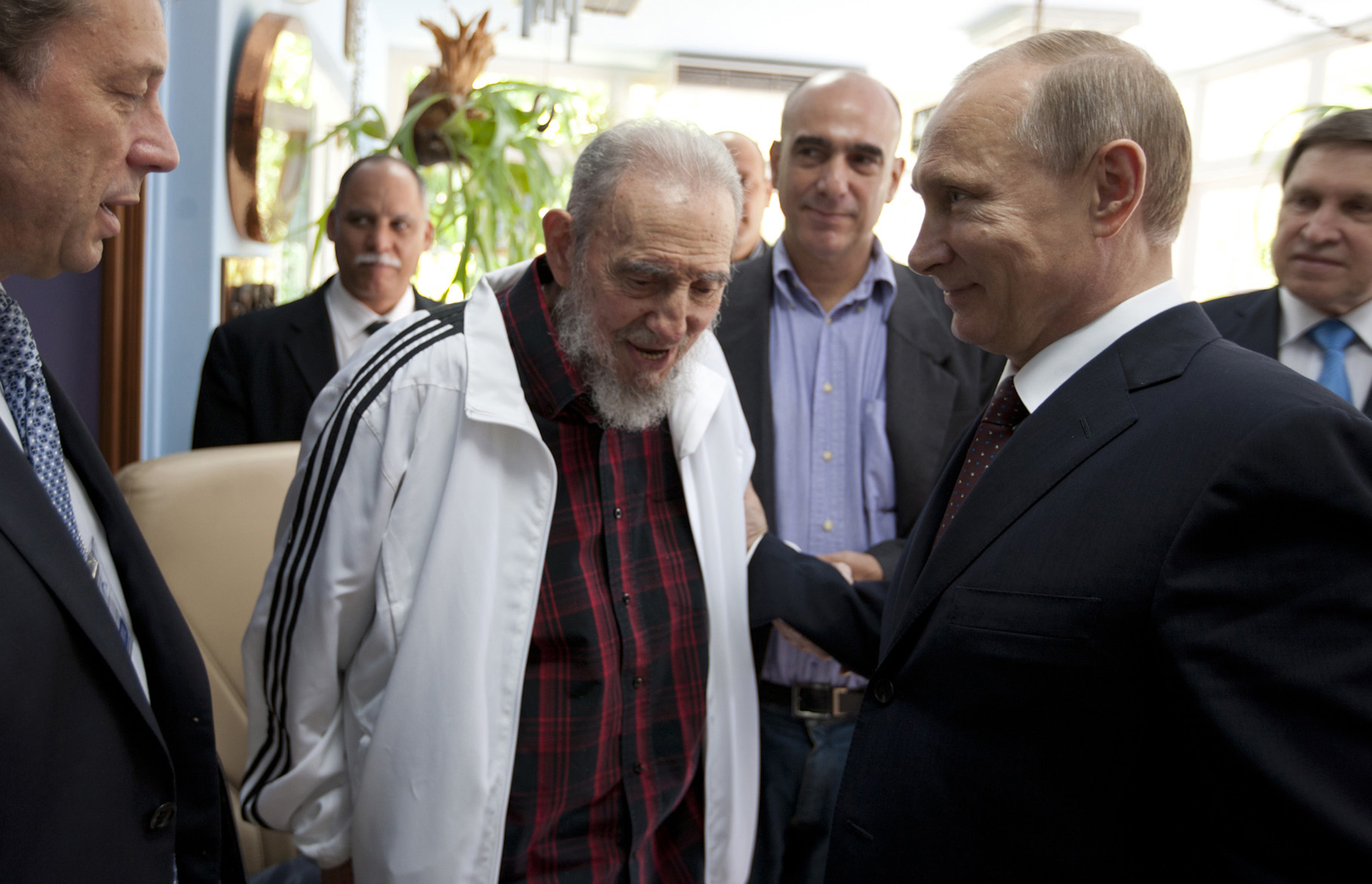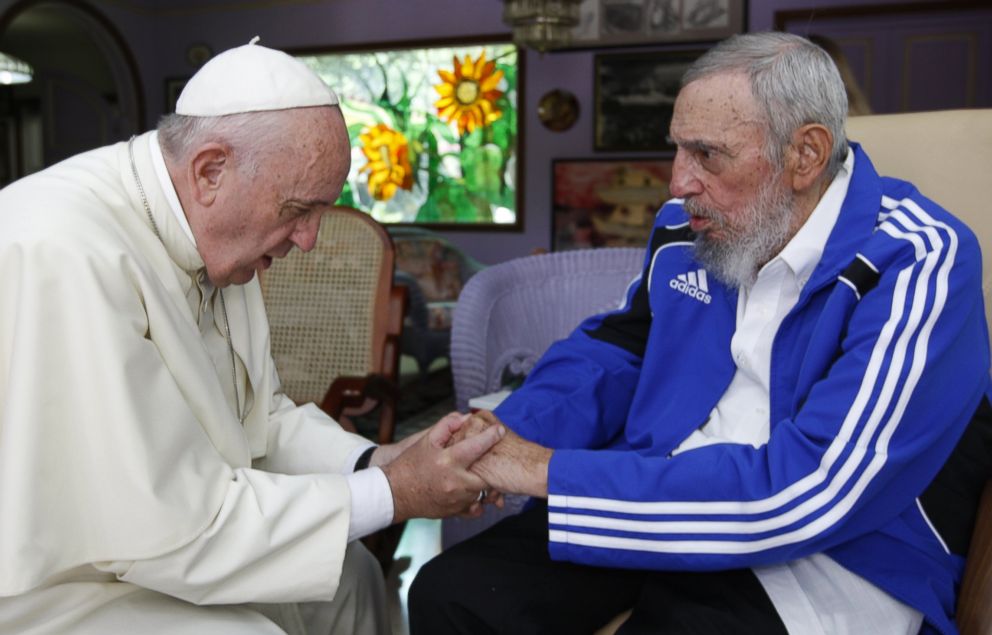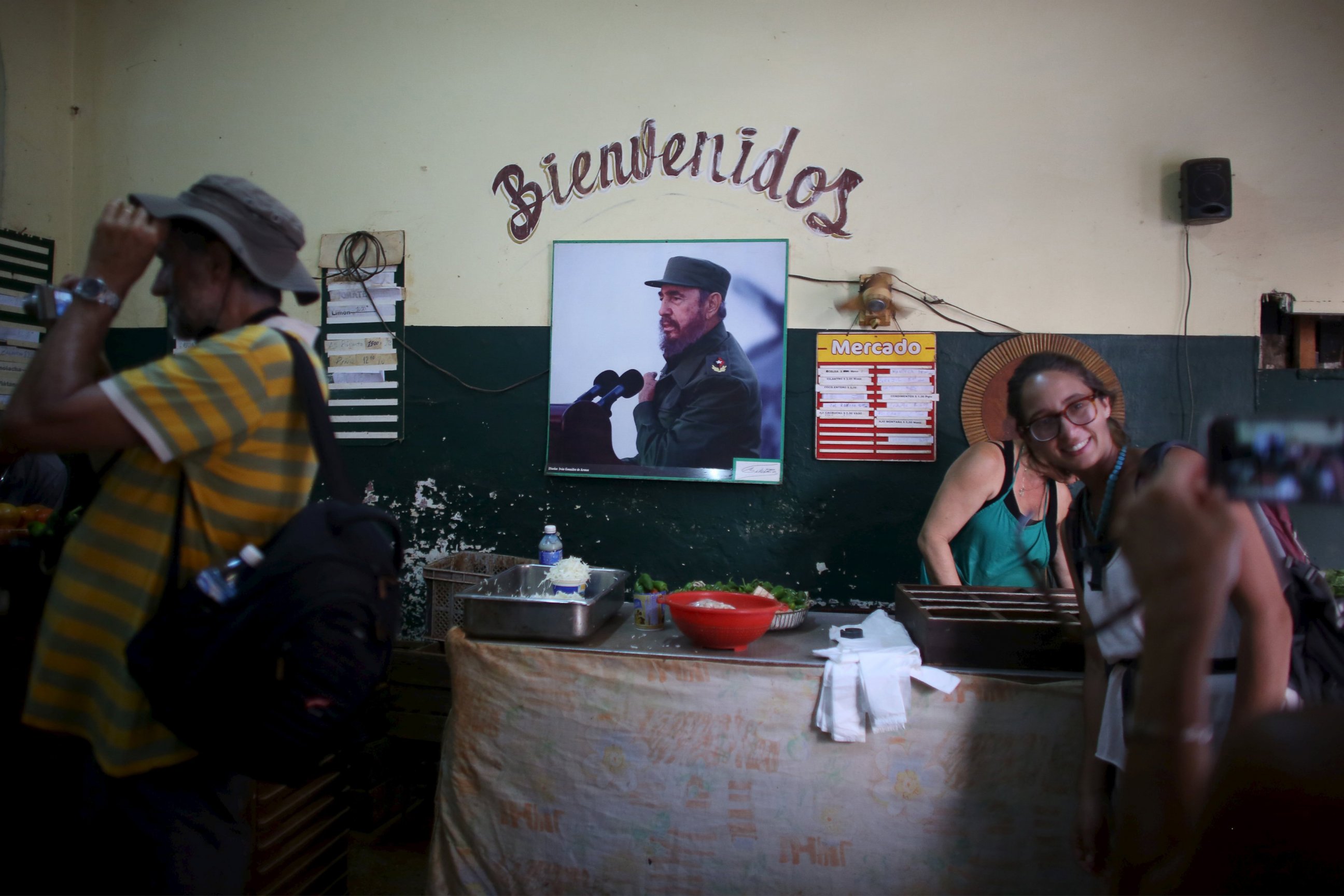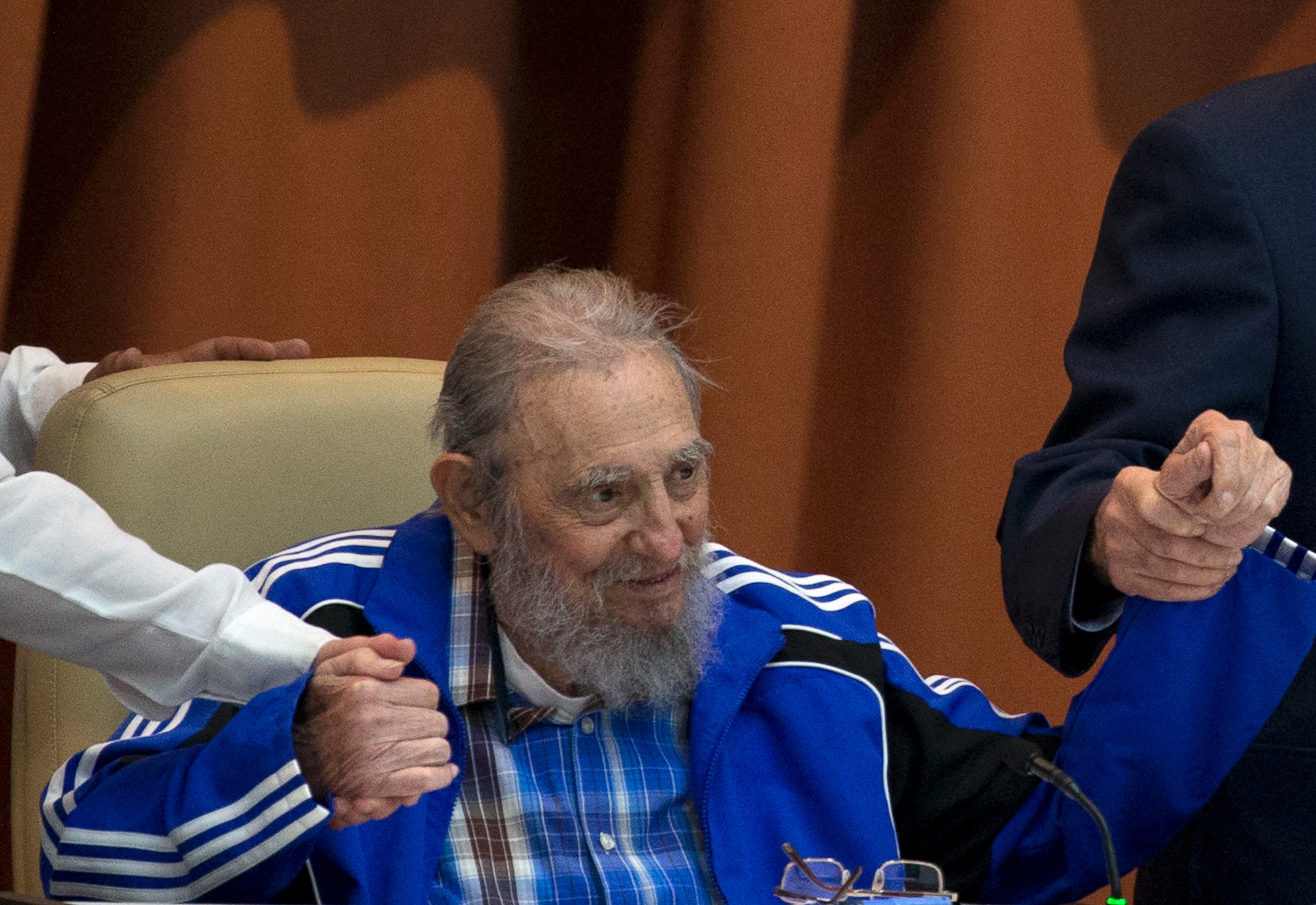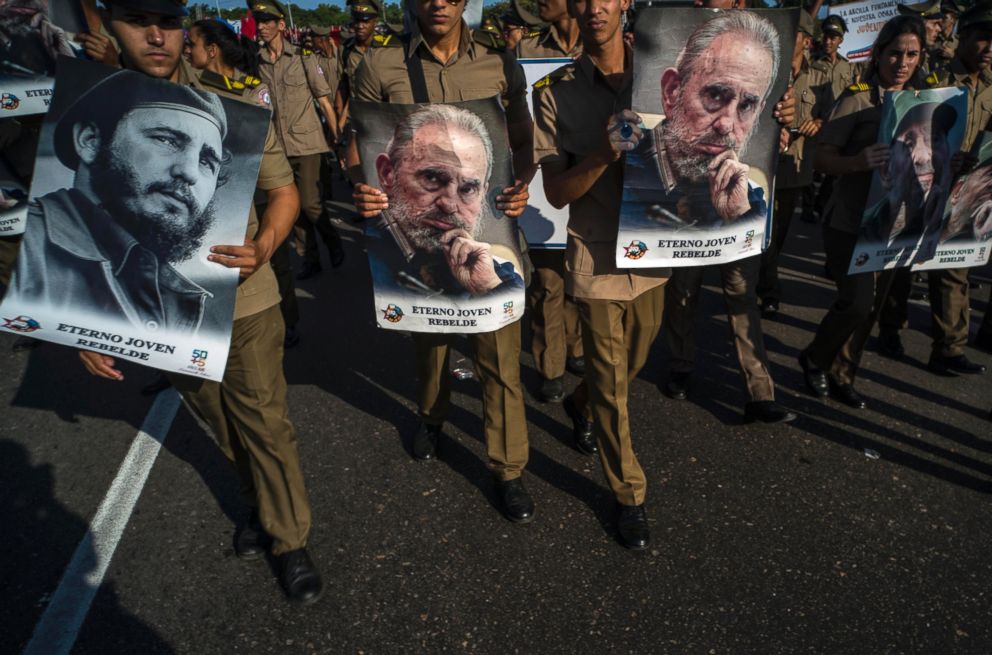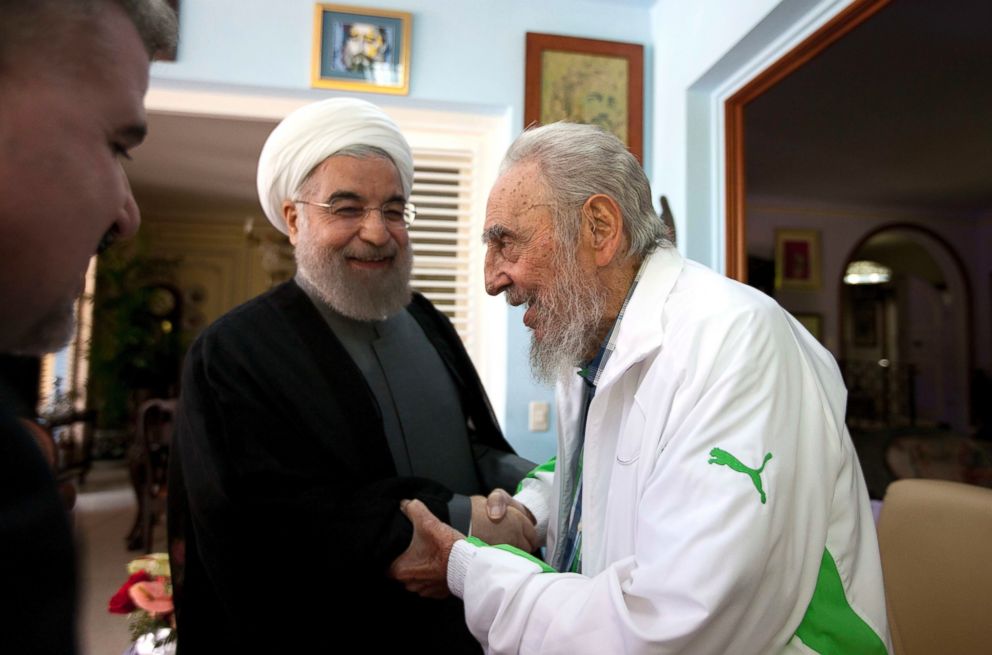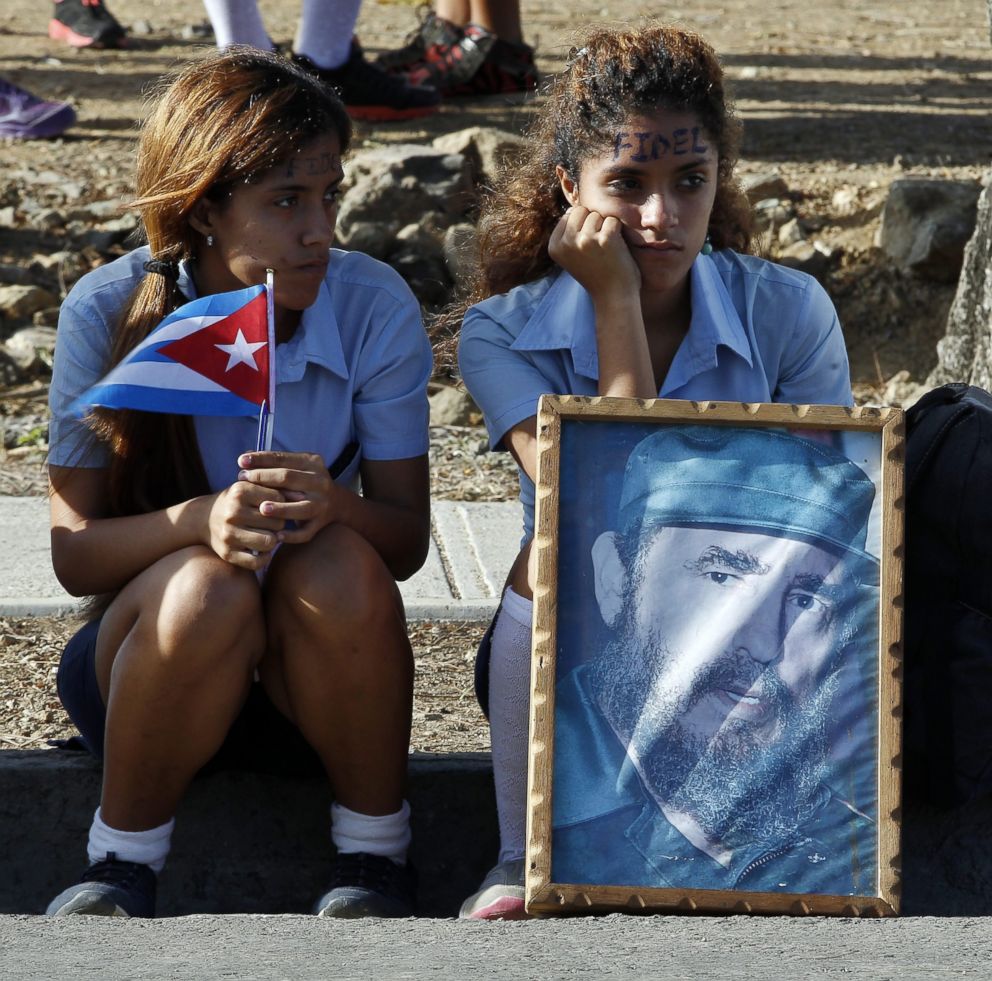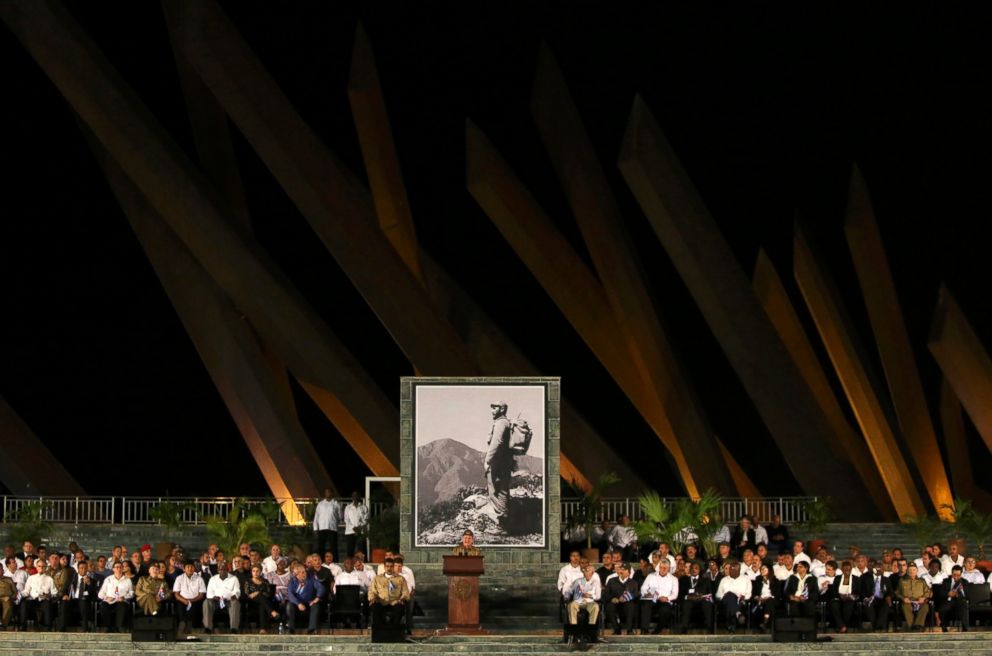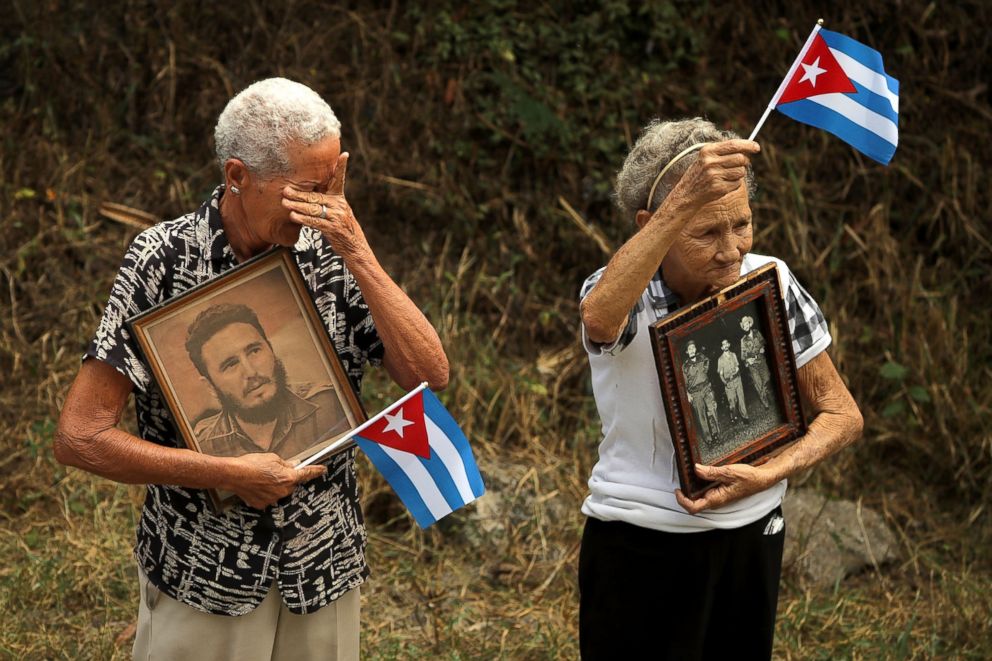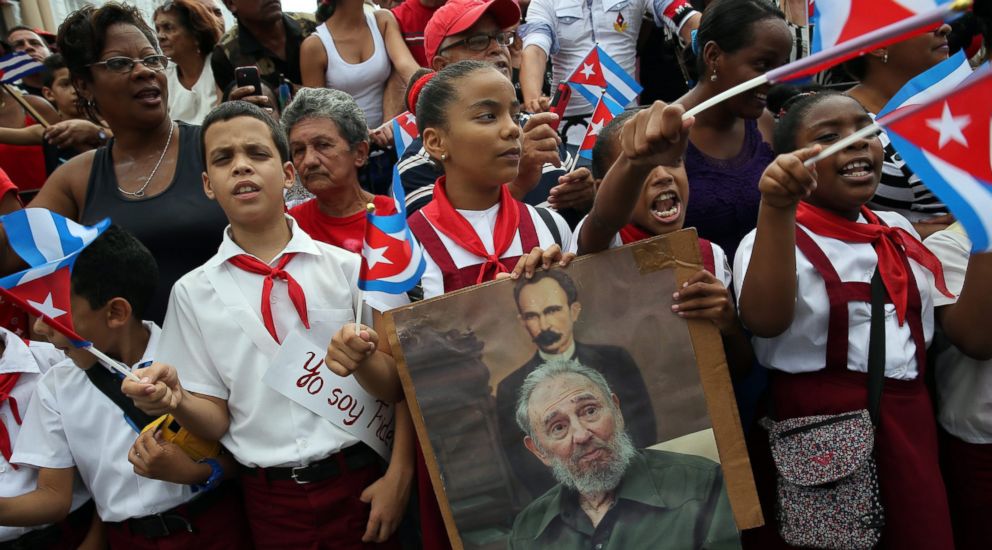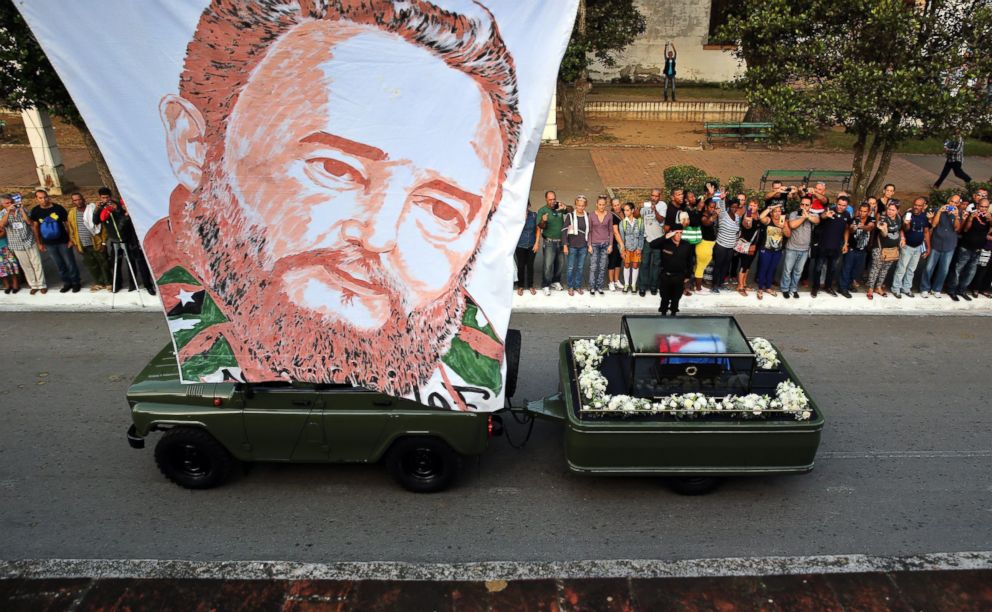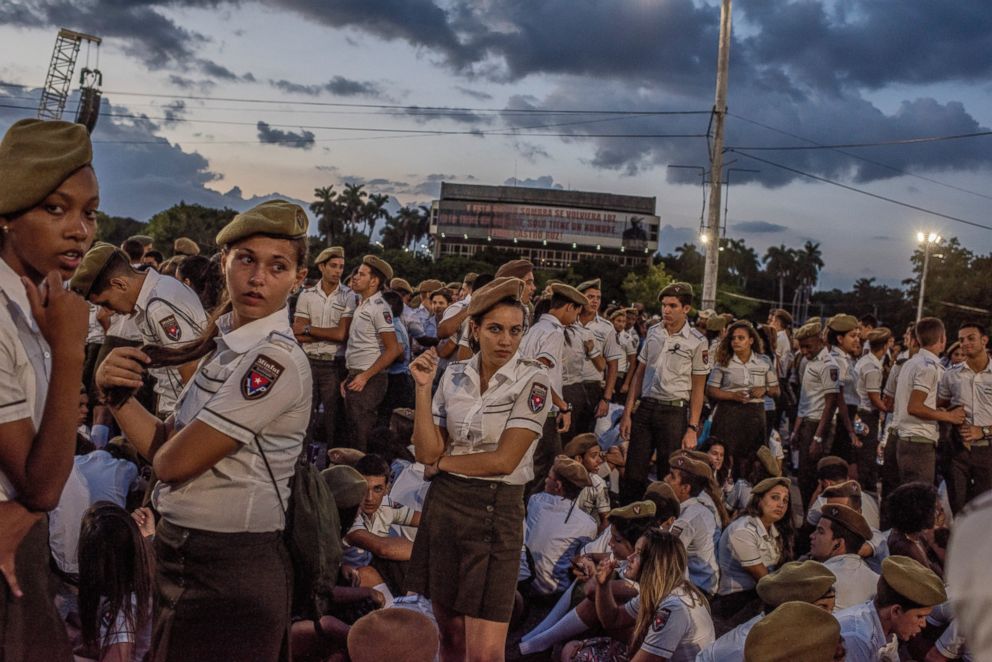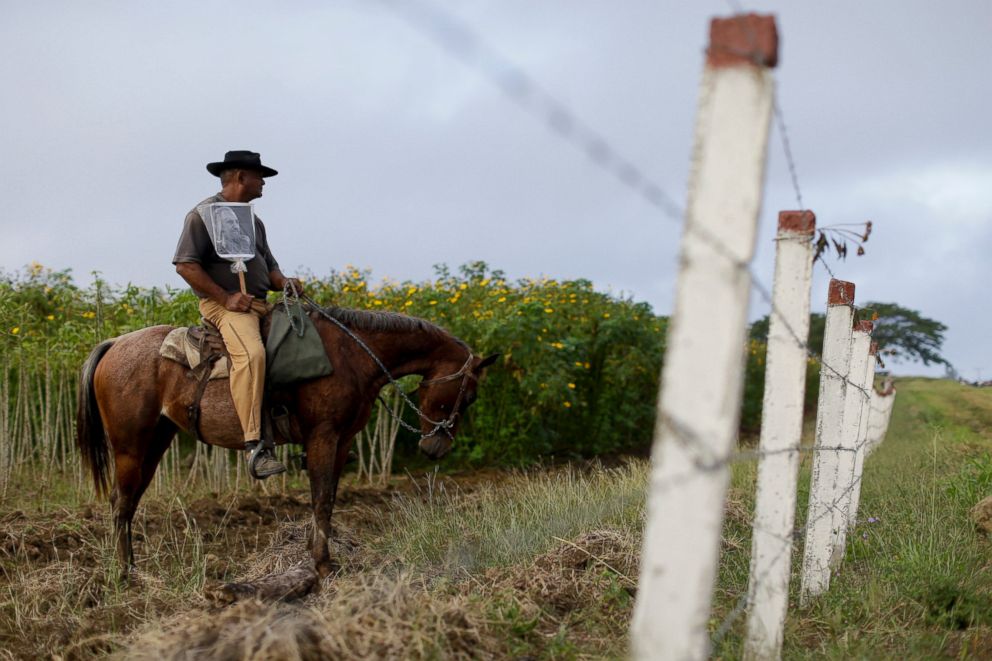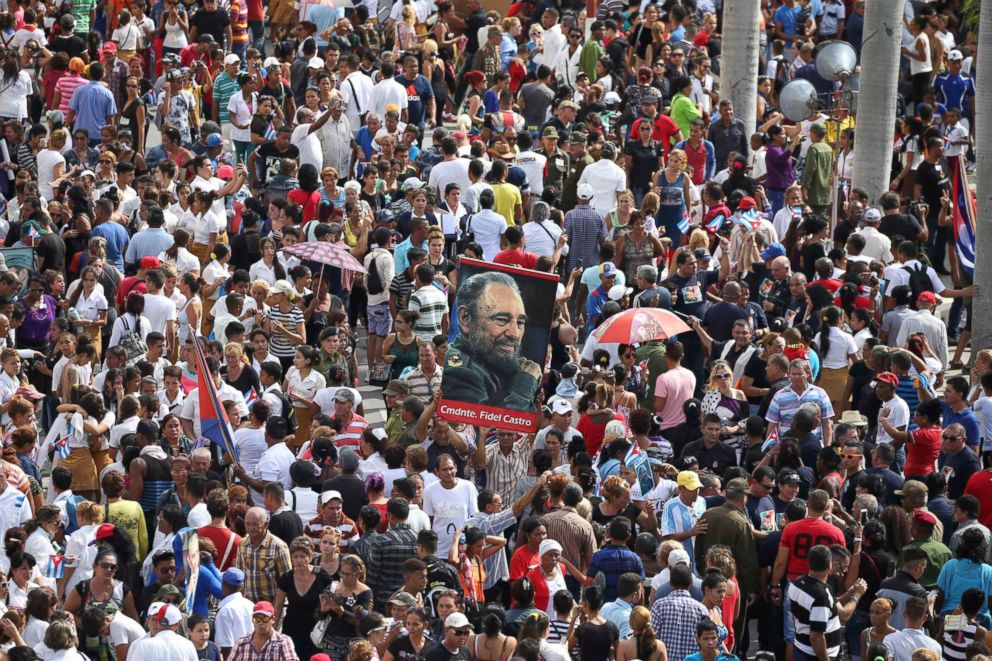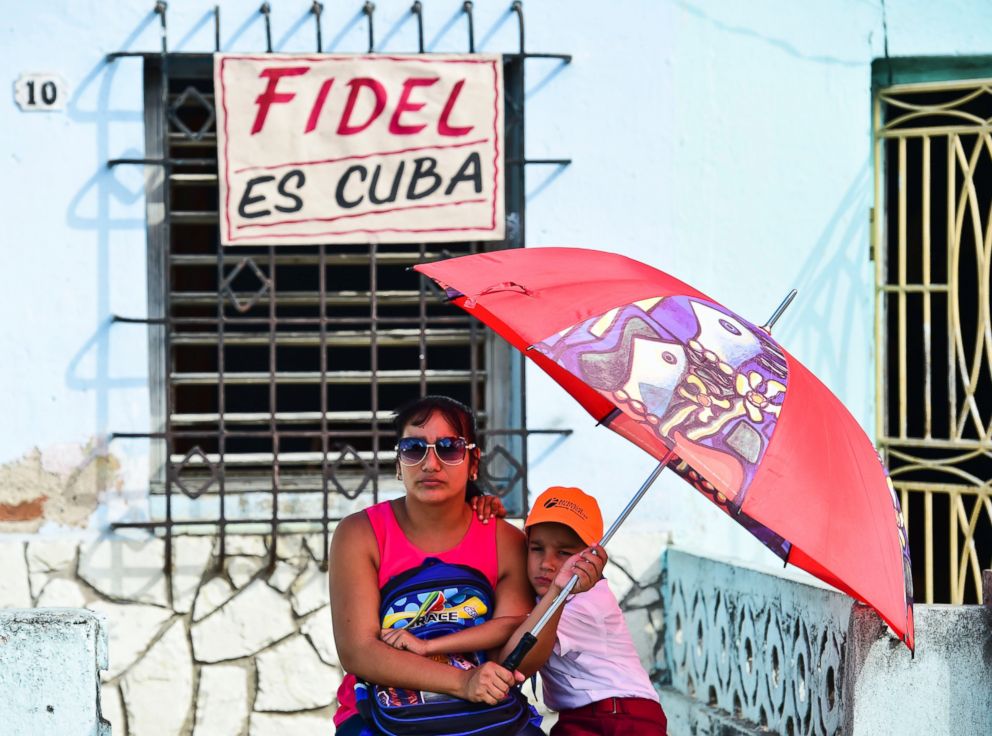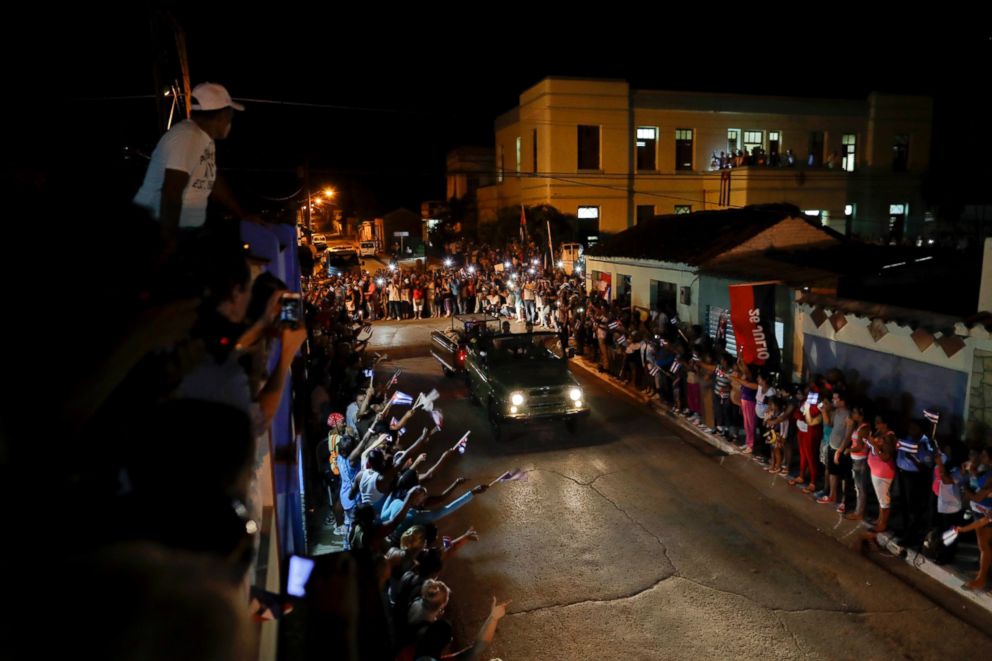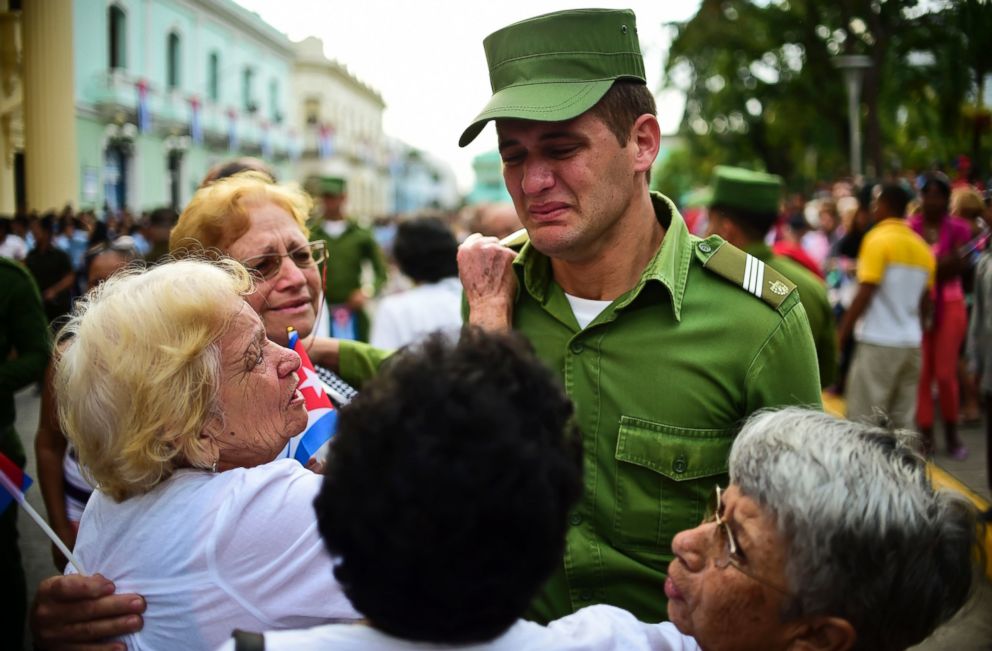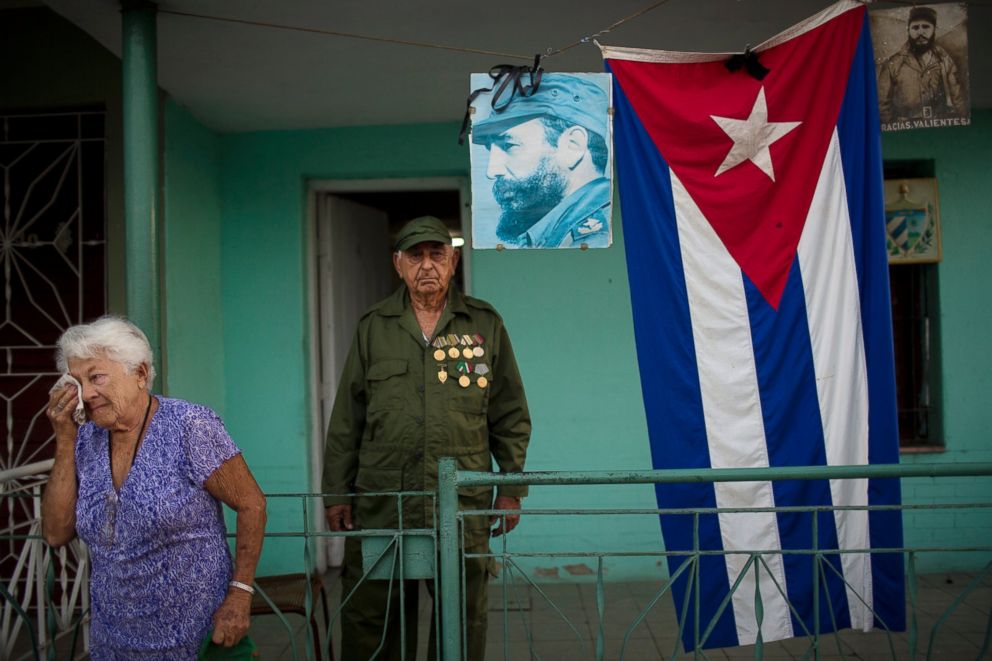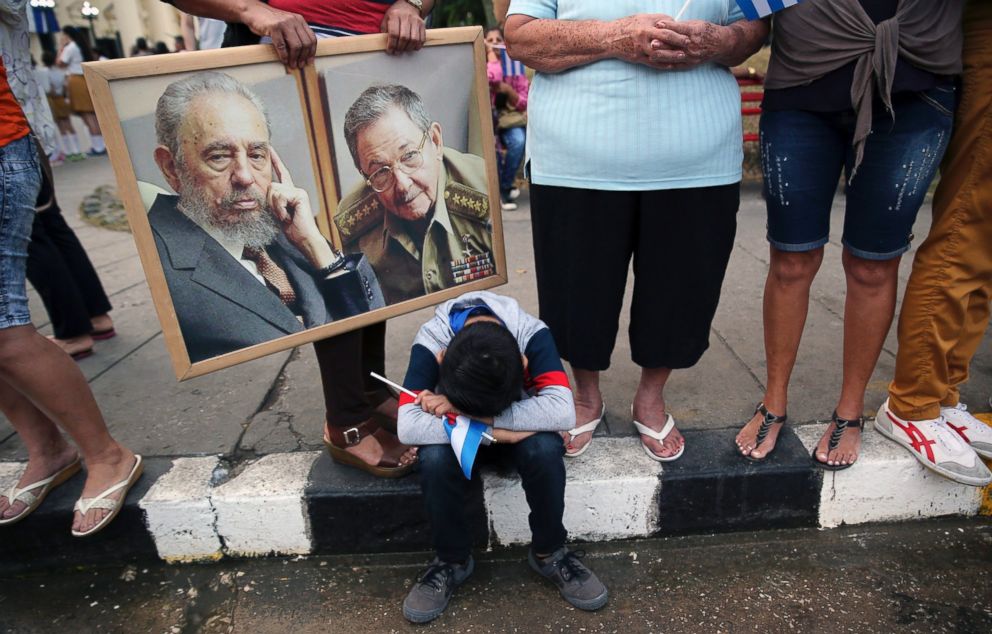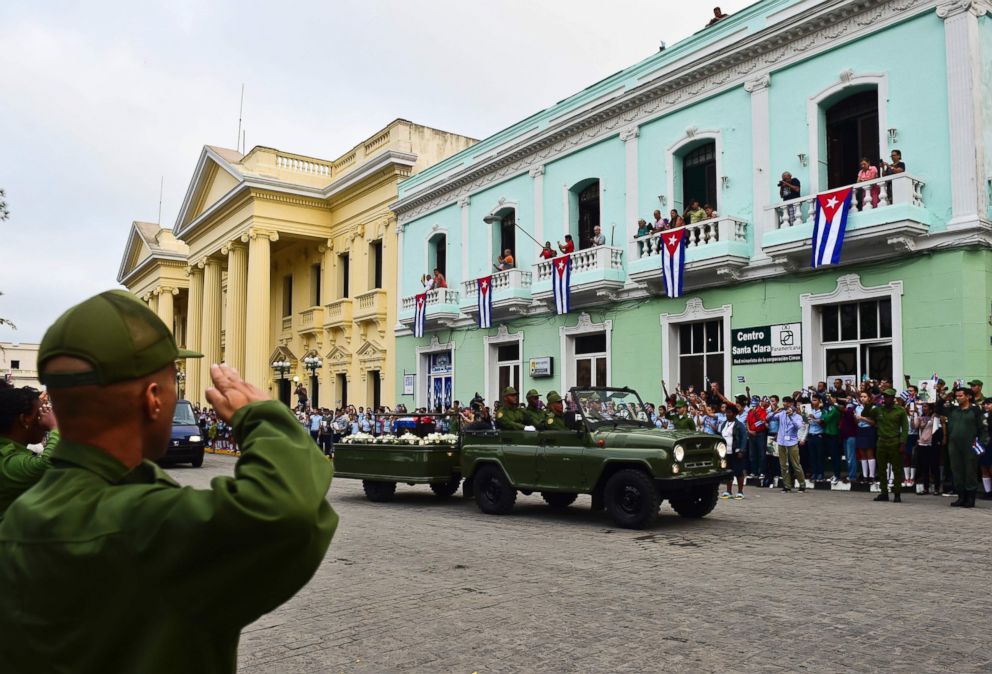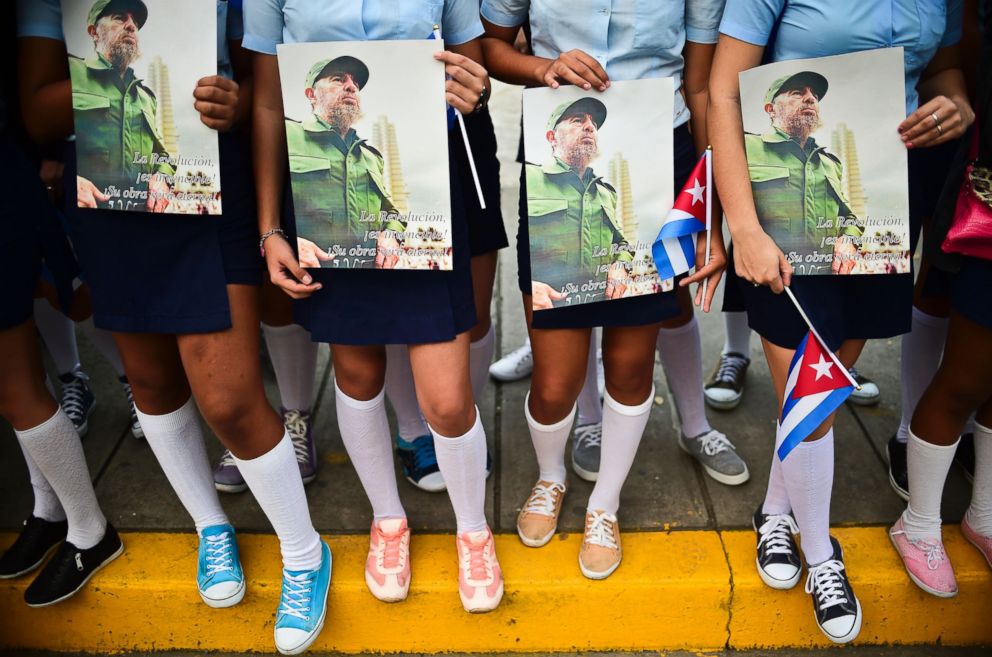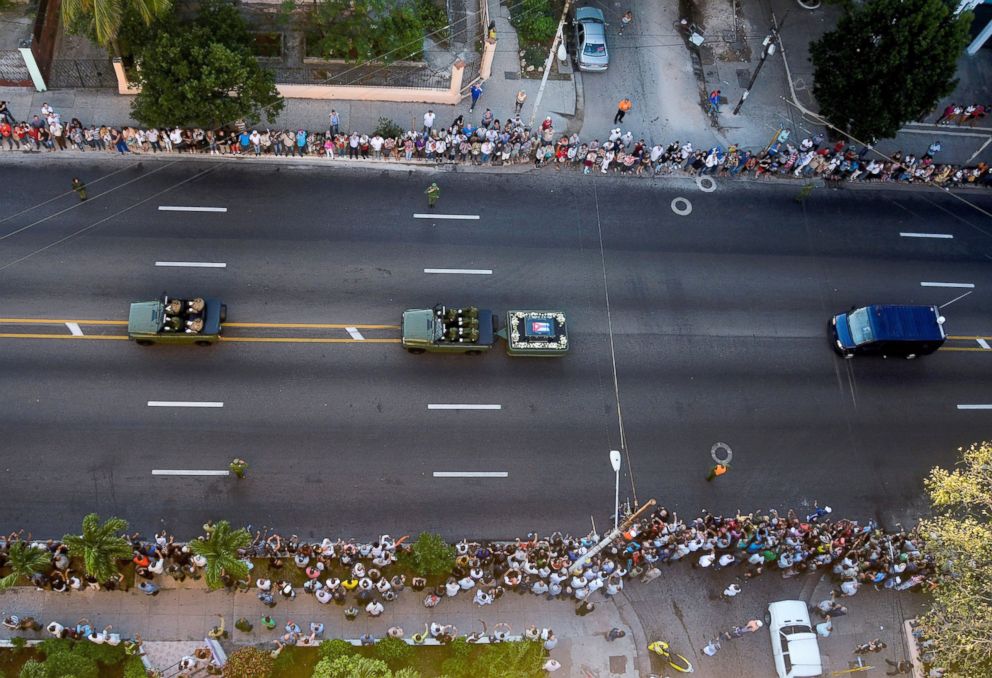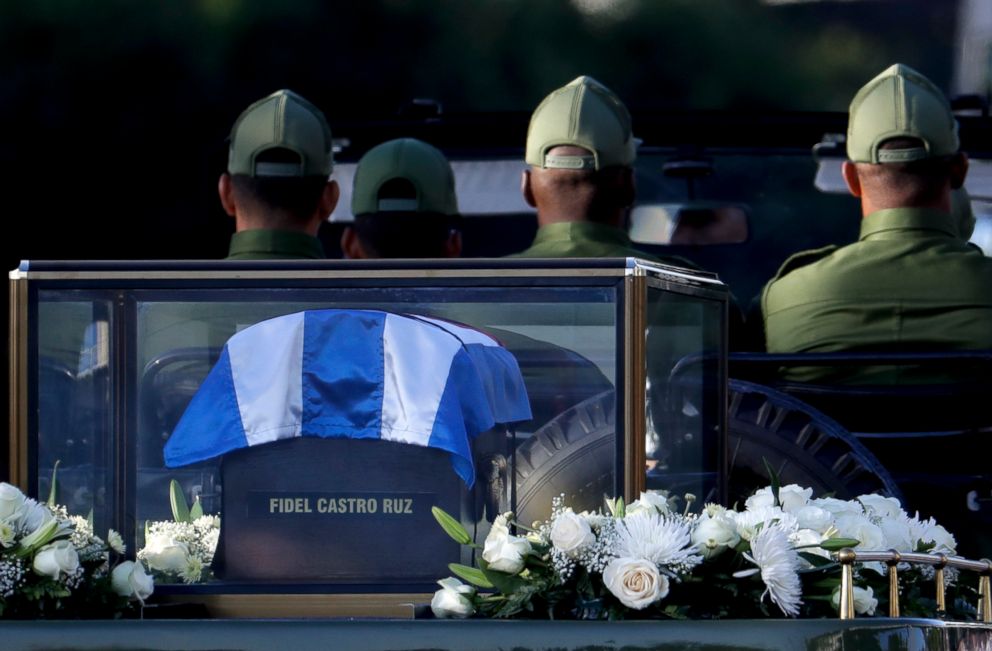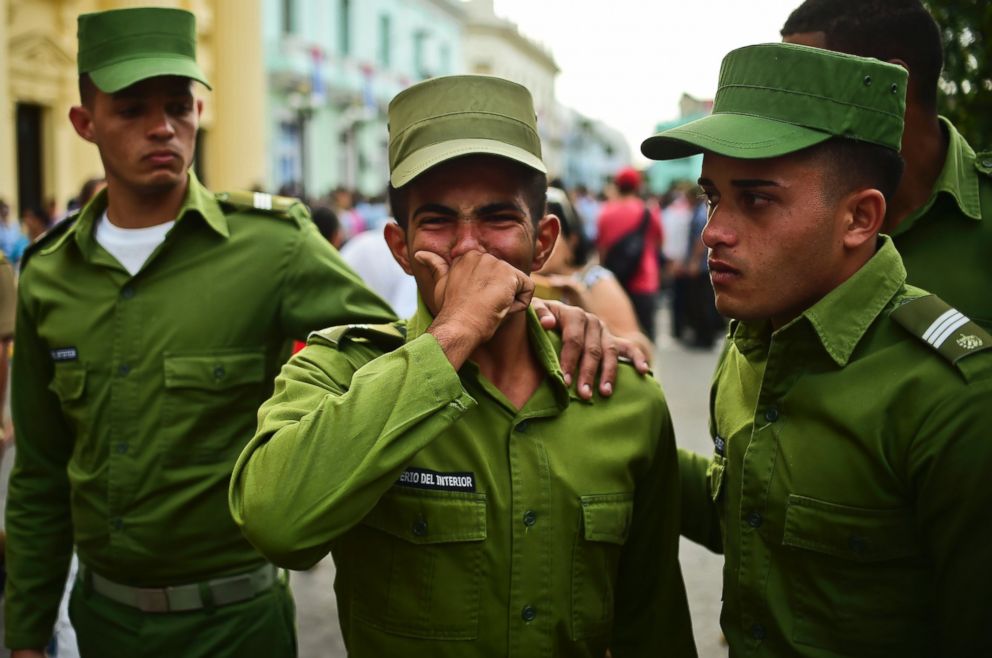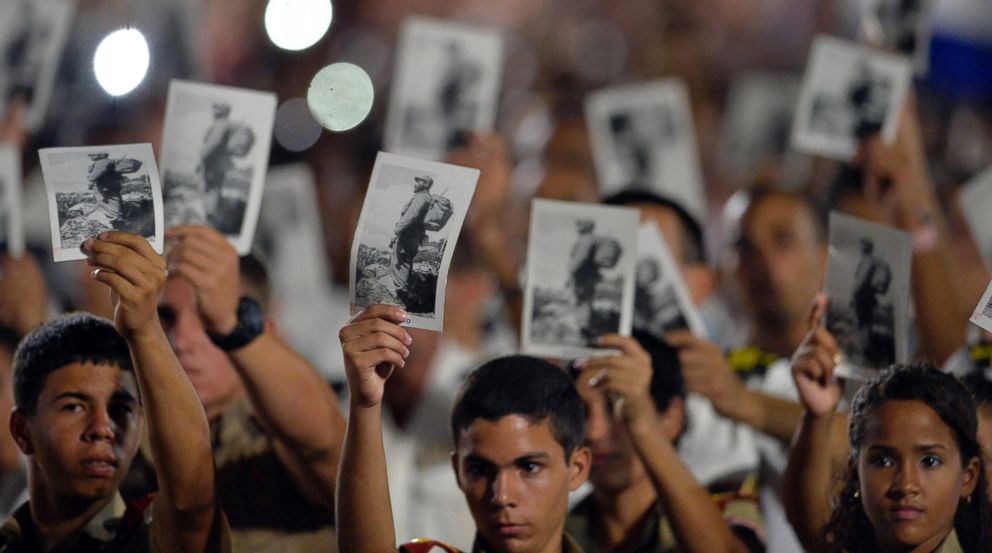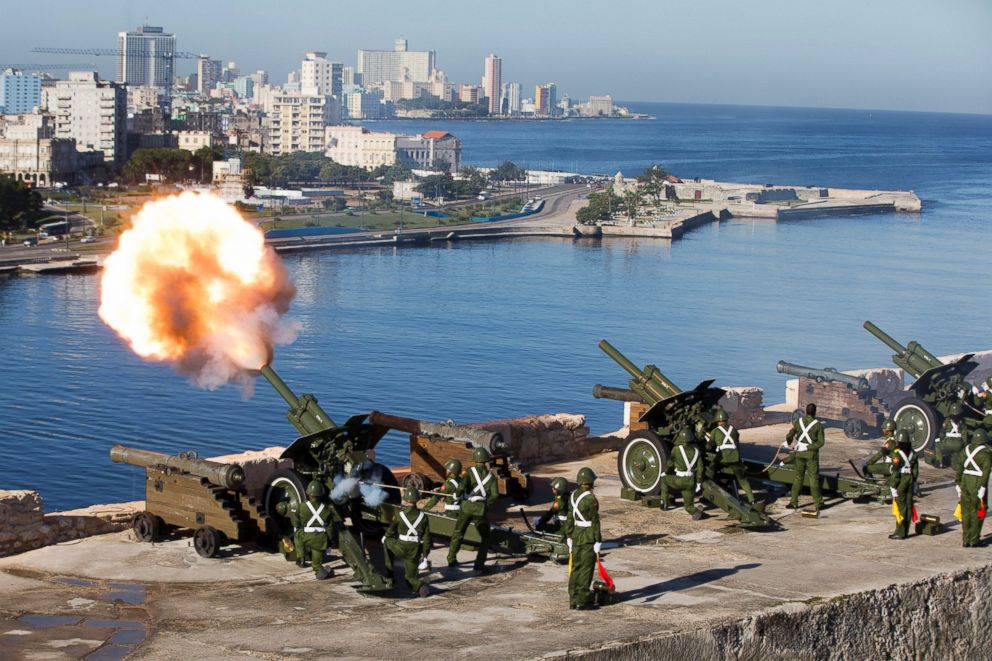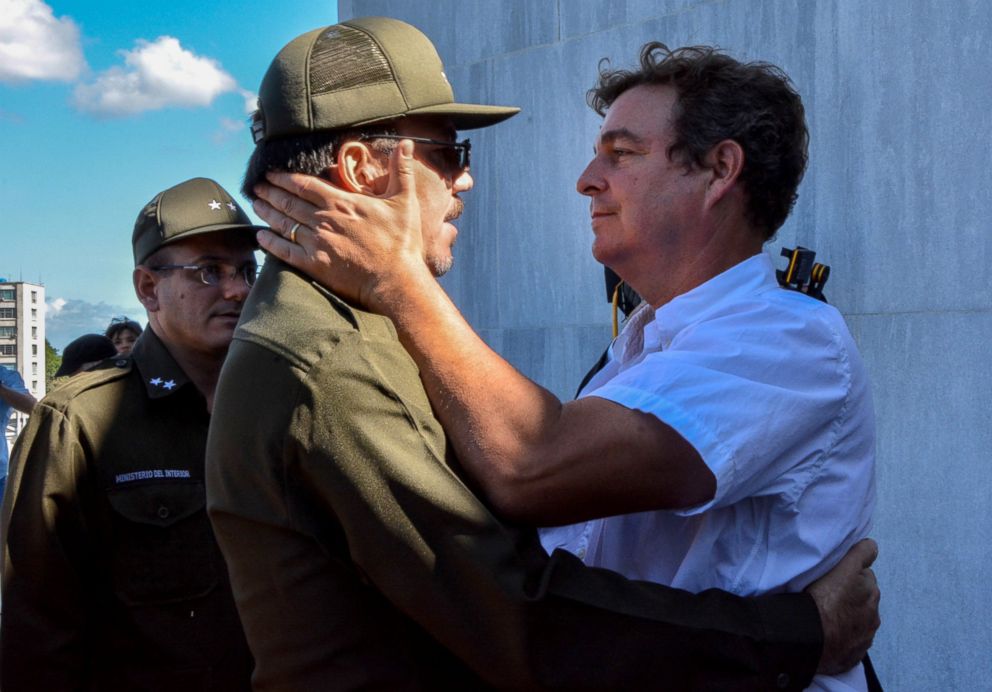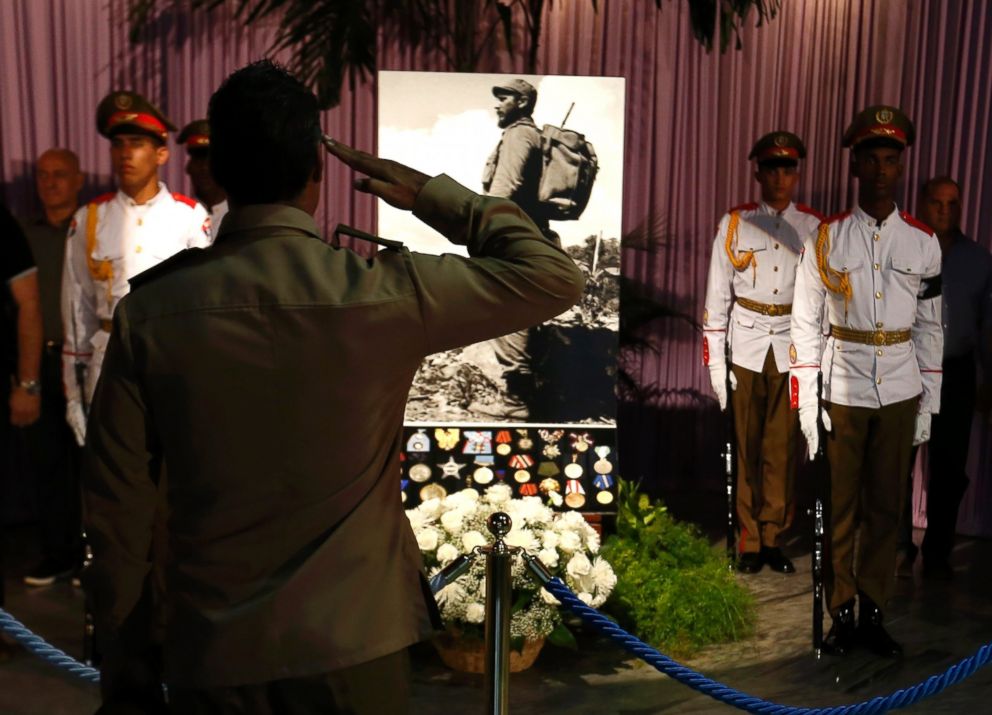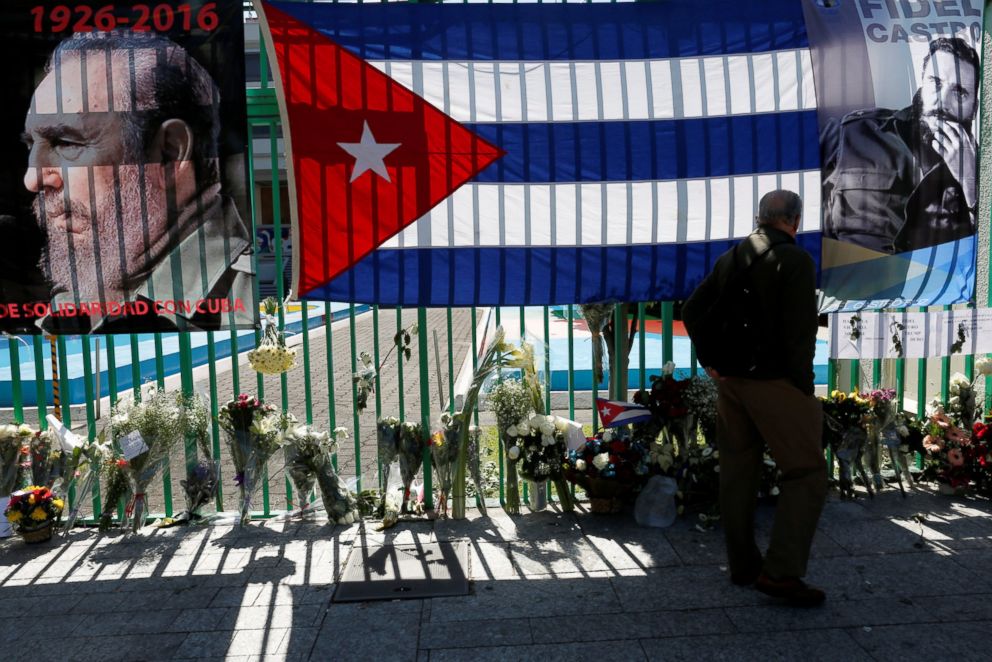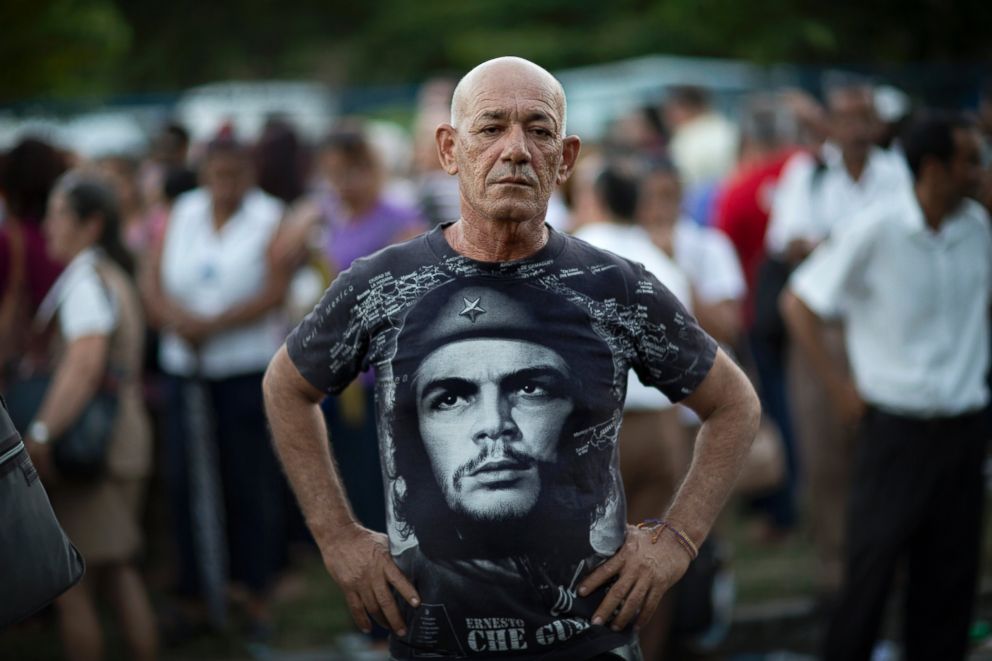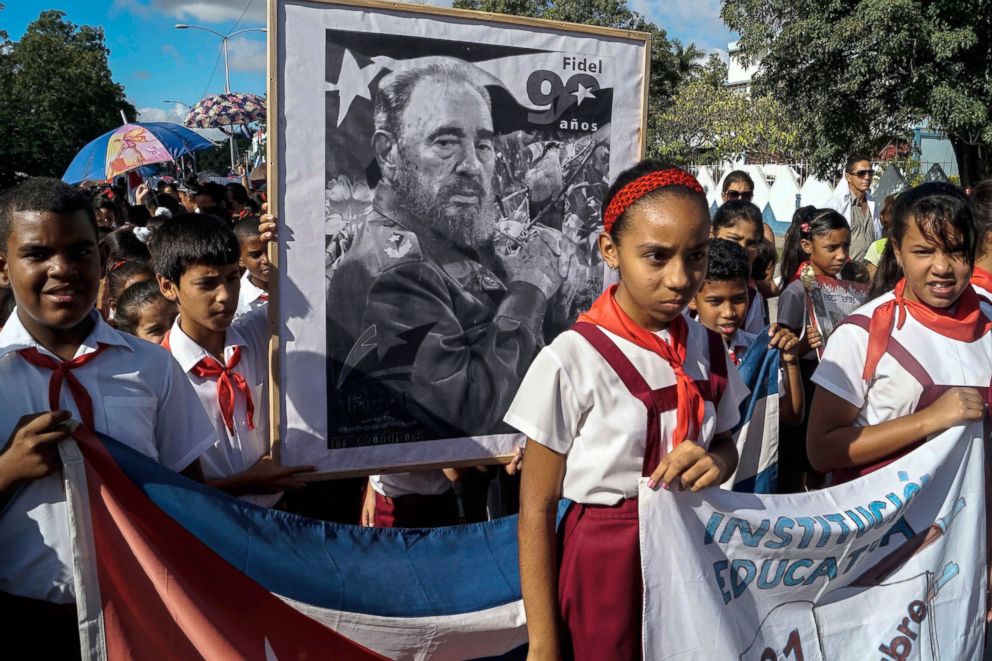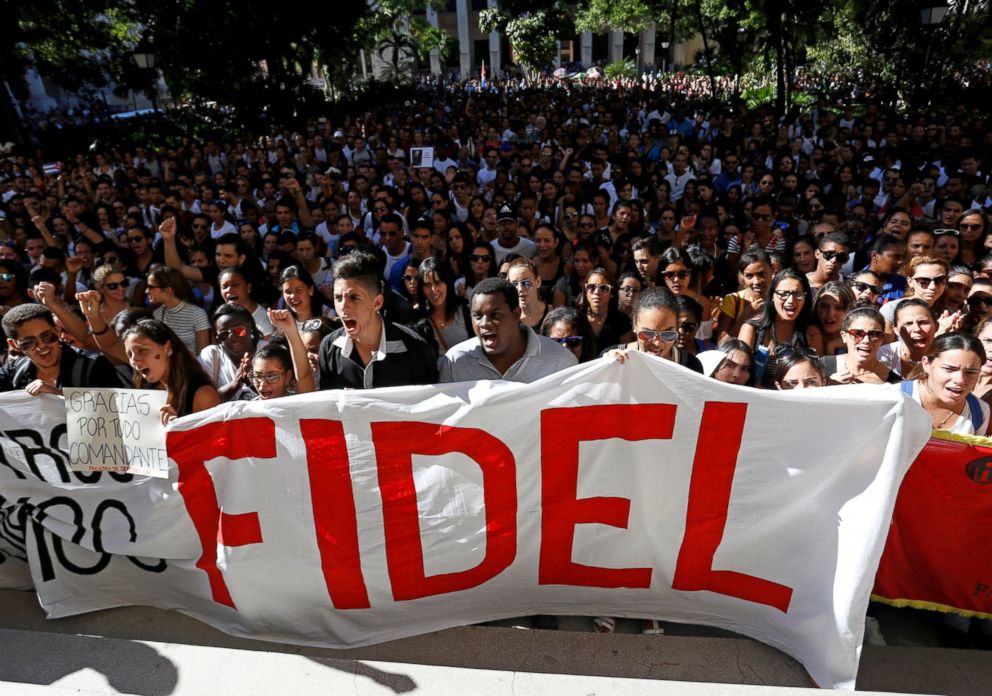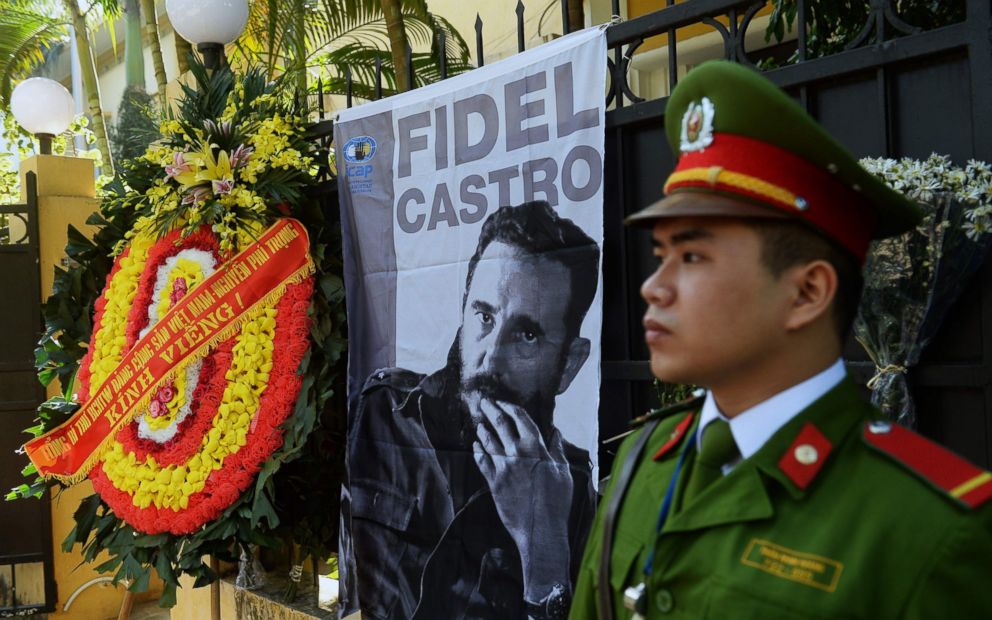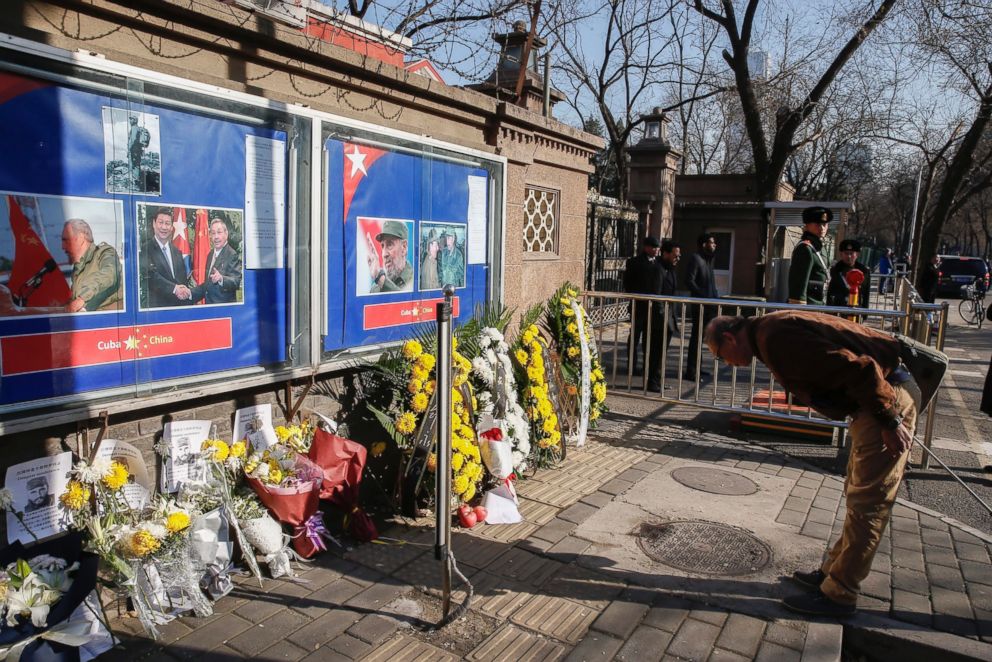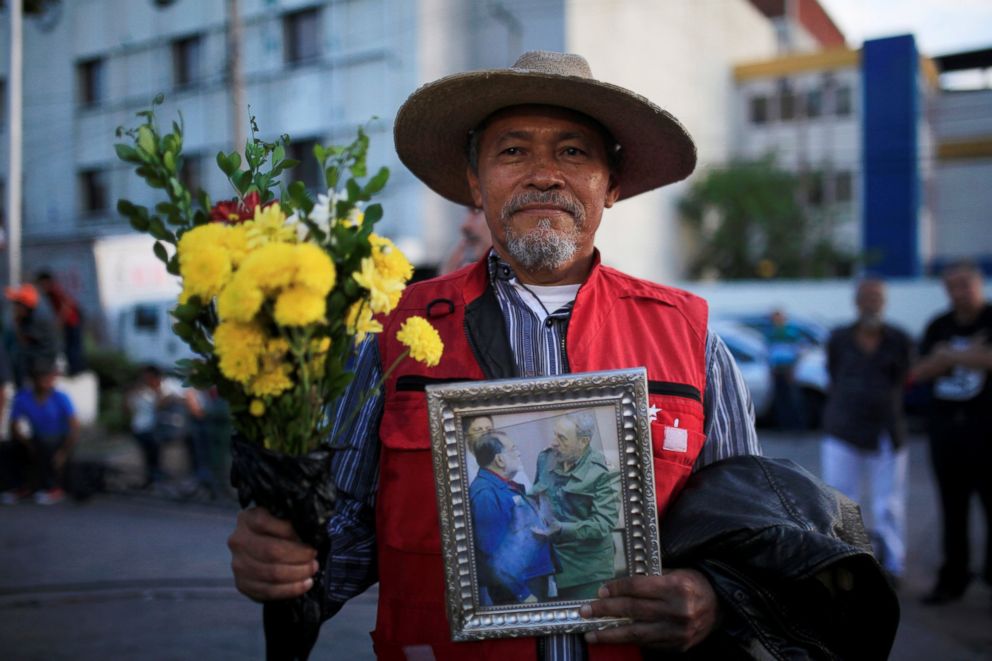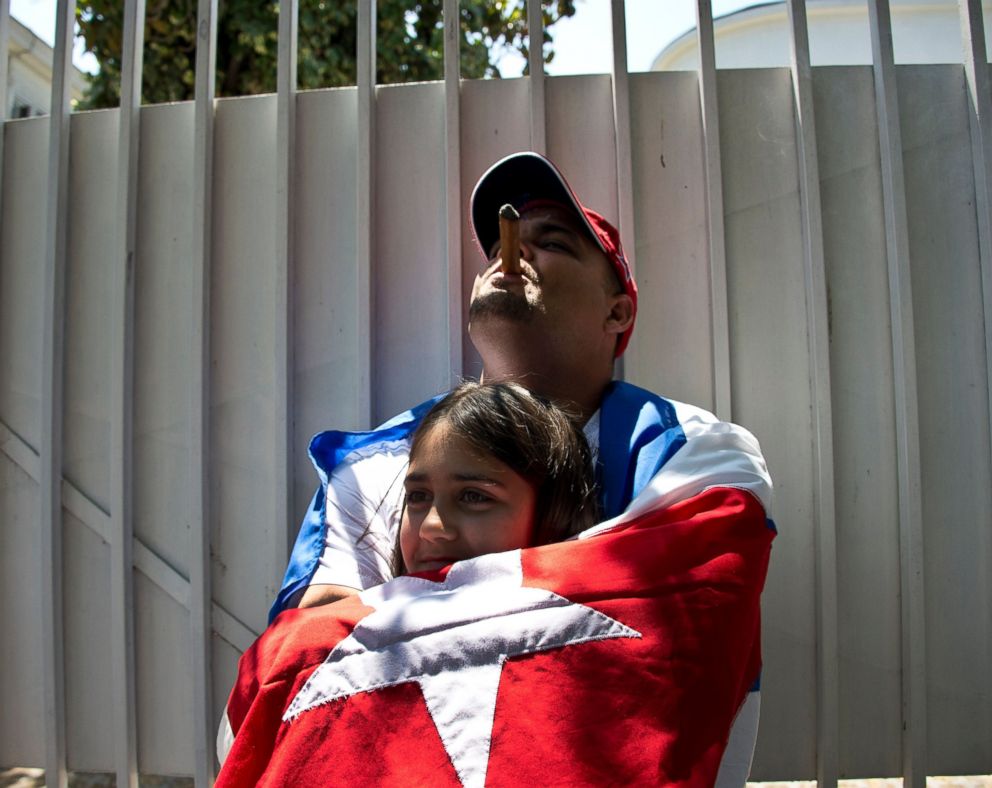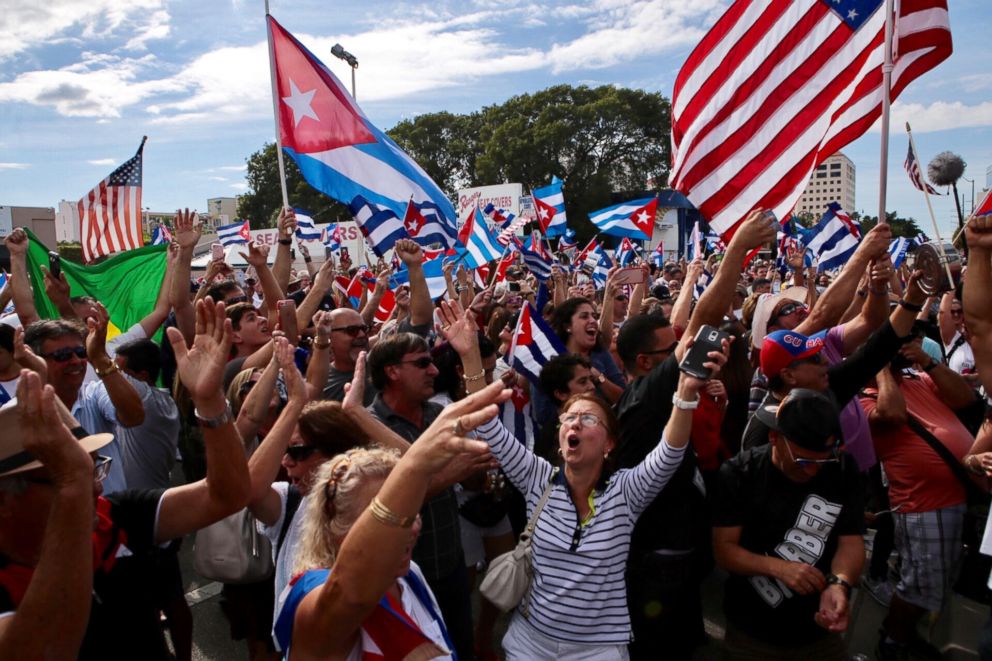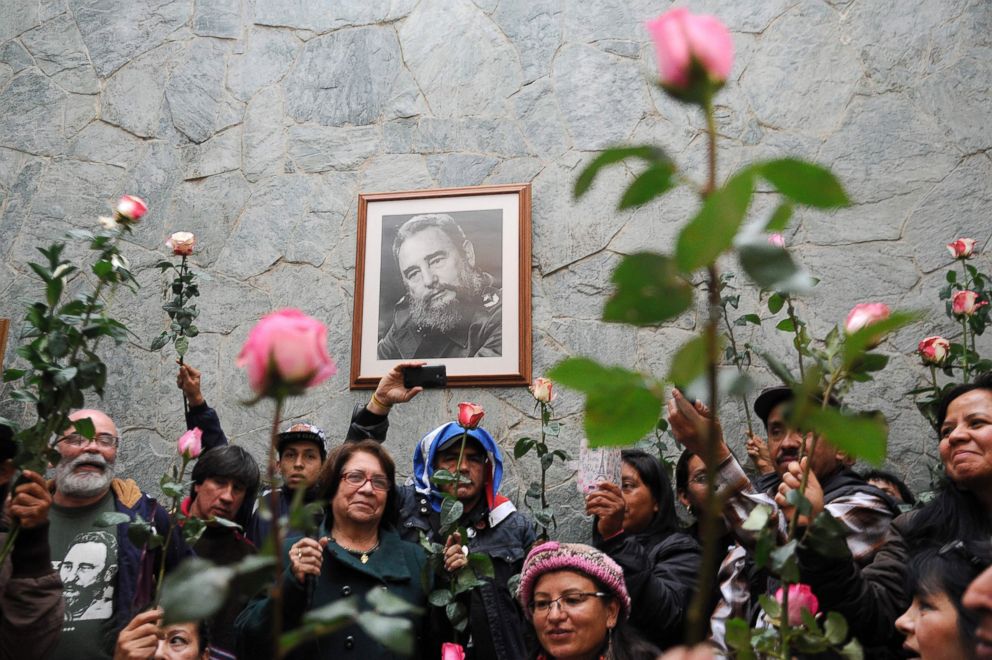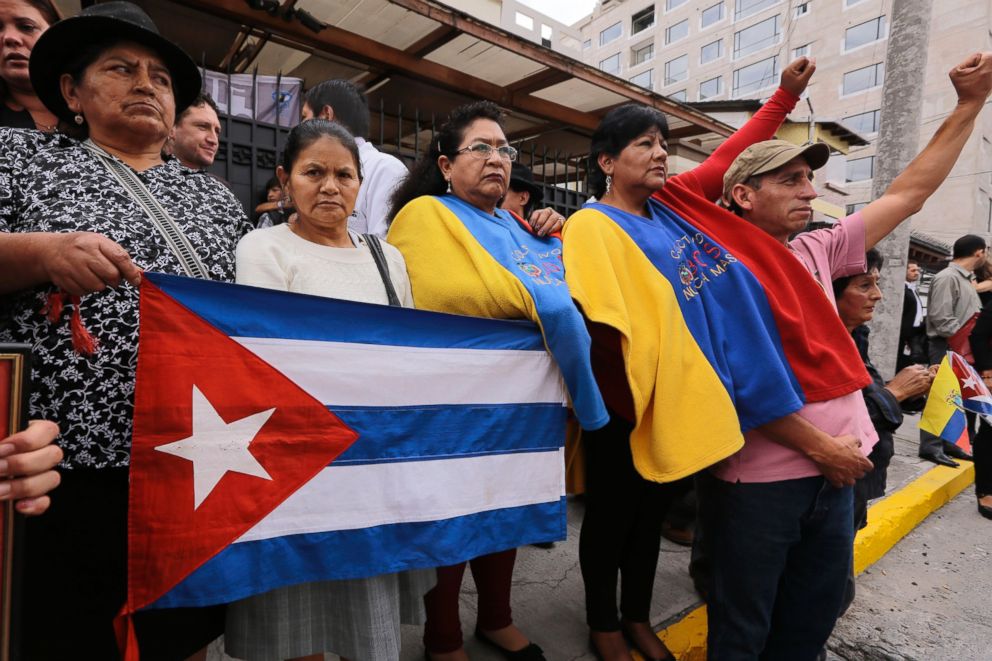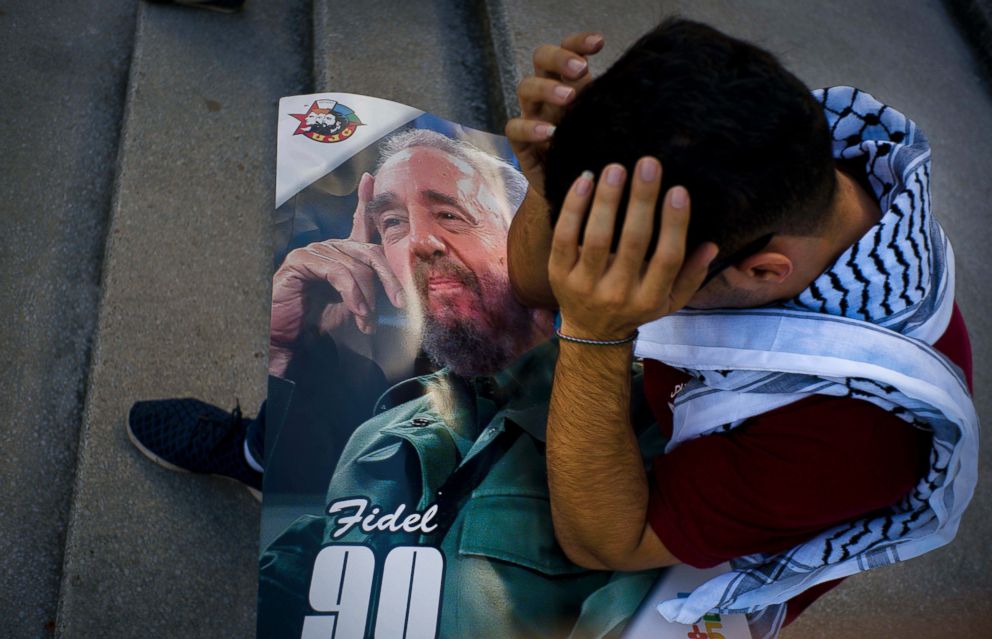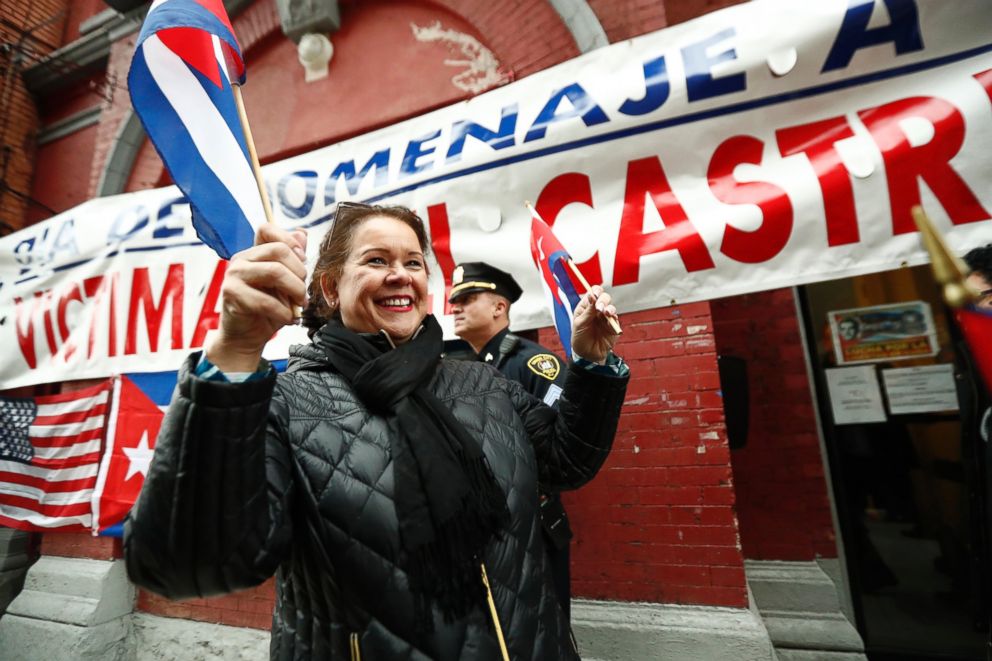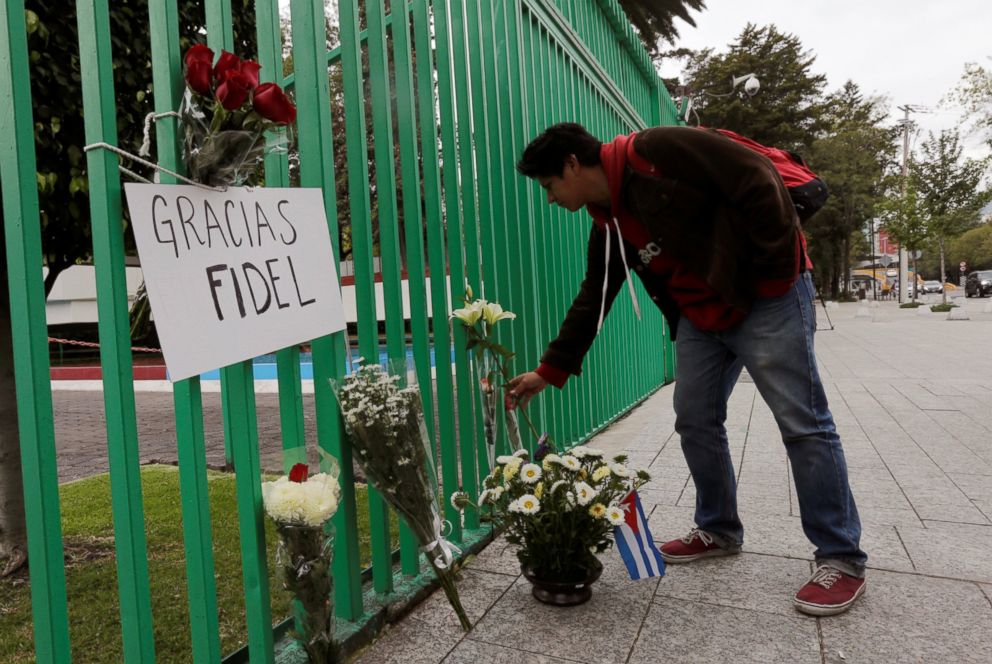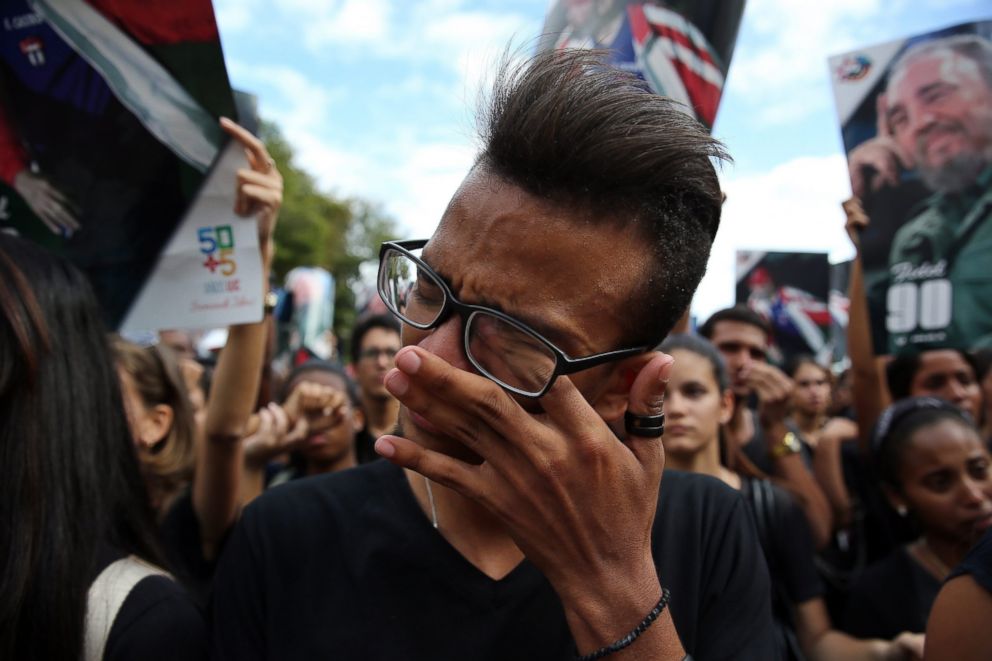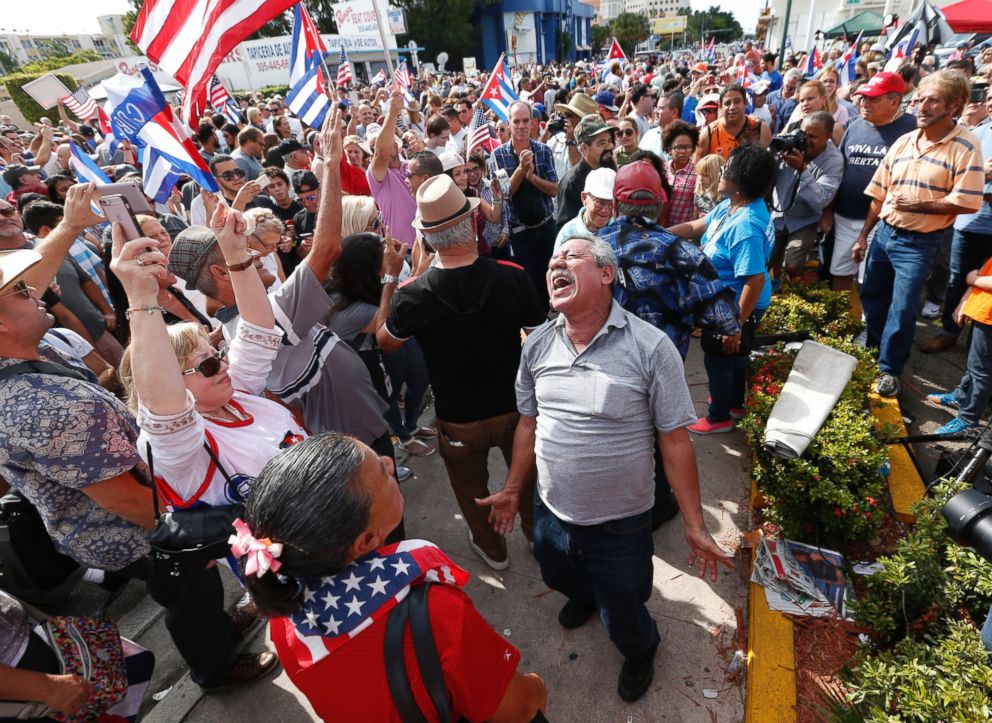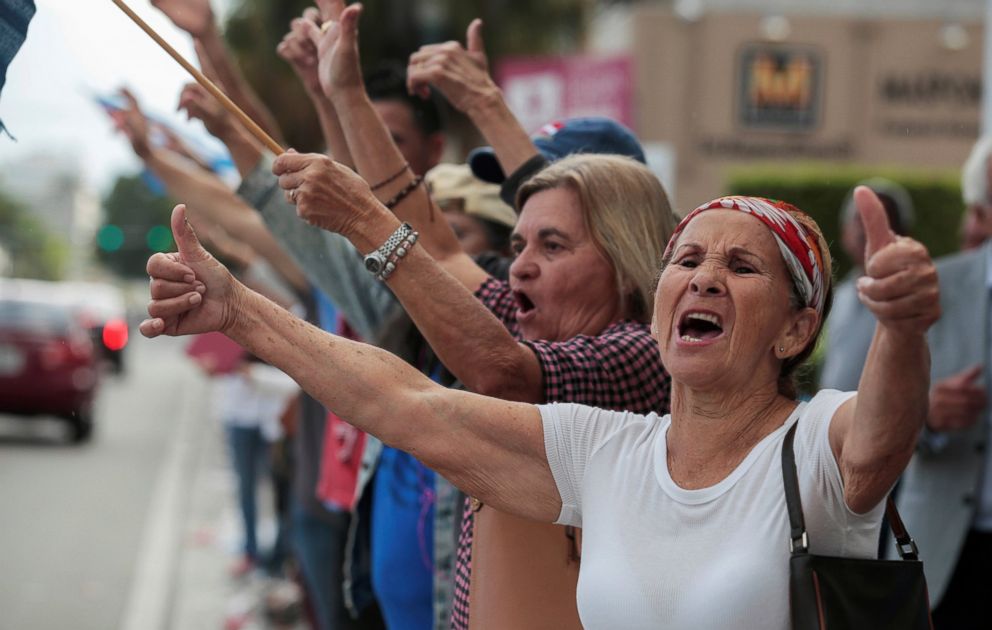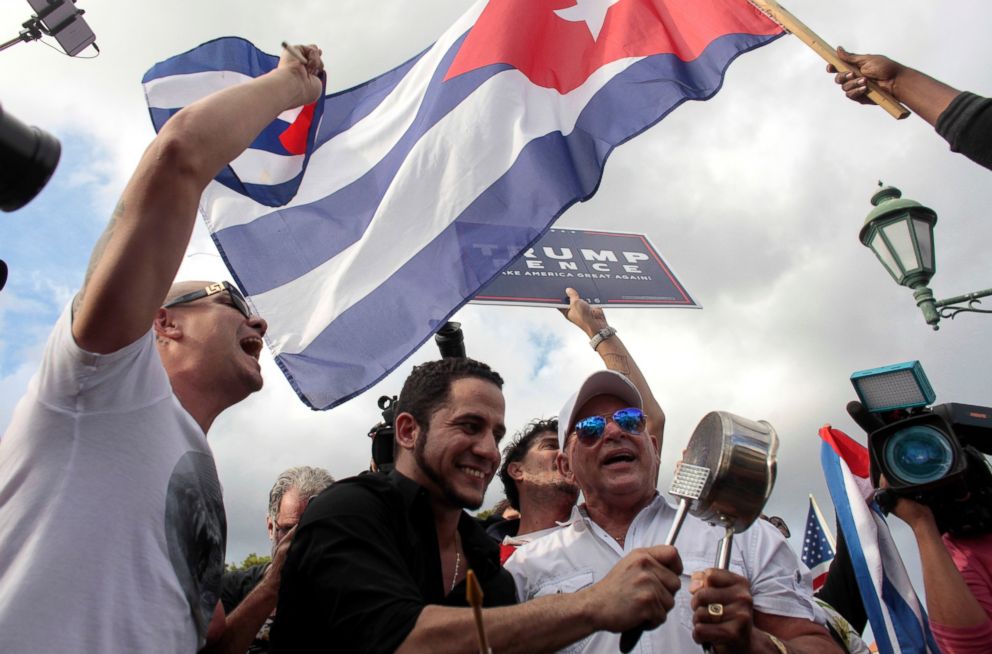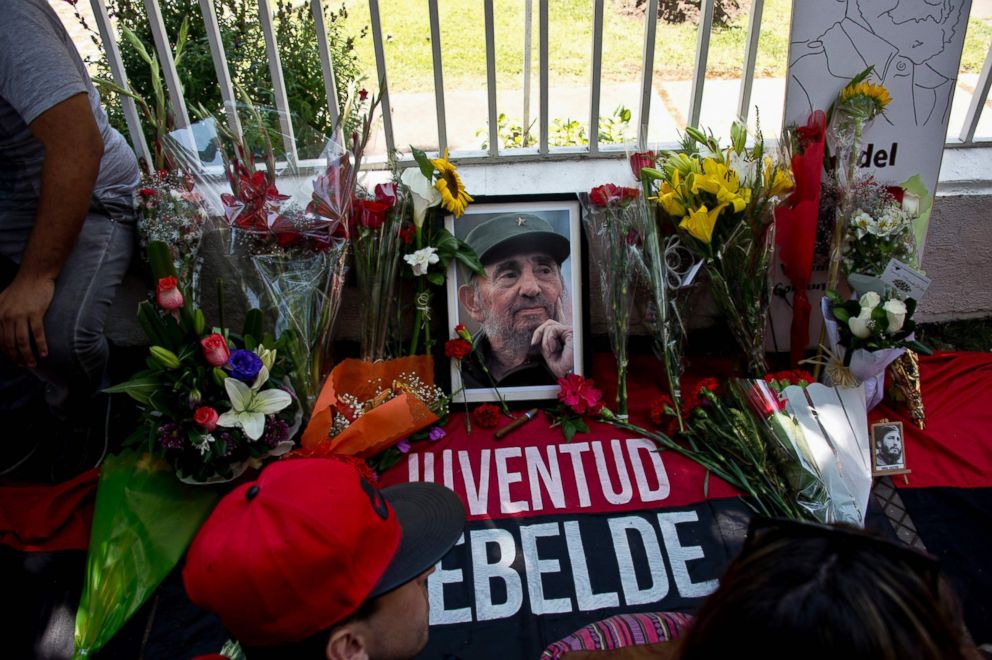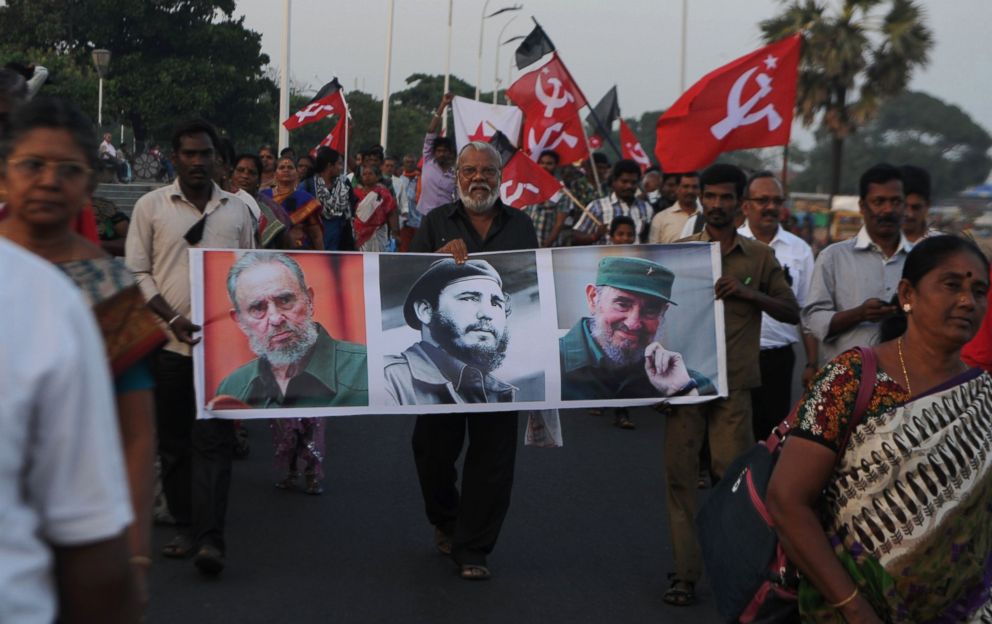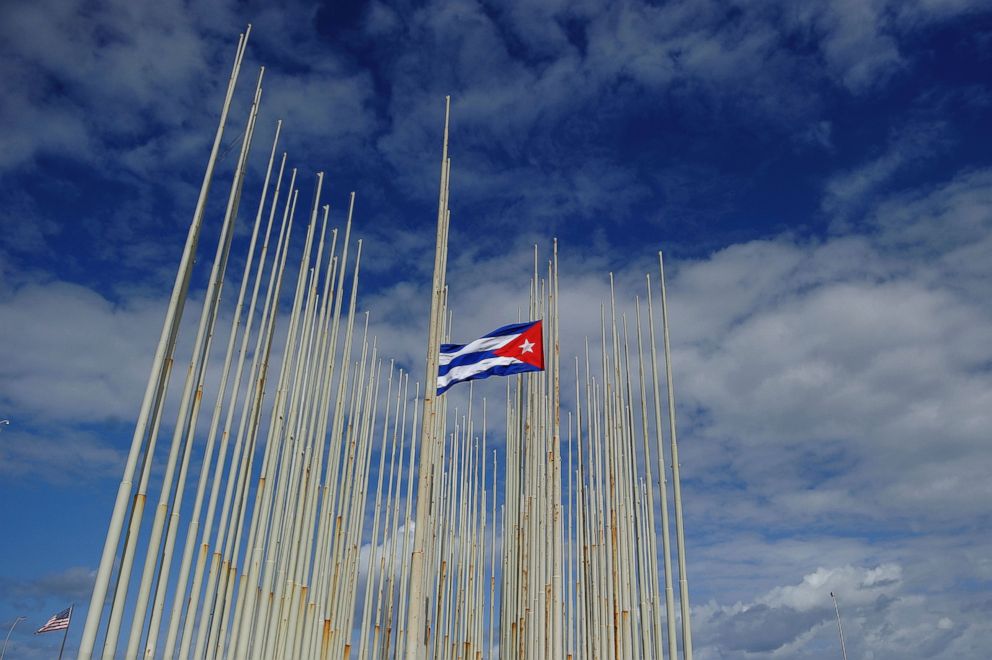Reporter's Notebook: 20 Years Covering Fidel Castro
His lasting legacy may that he looked the other way while country changed.
HAVANA, Cuba— -- When I made my first trip to Cuba 20 years ago, Fidel Castro was firmly in charge and the people were suffering. The Soviet Union -- Cuba's powerful ally, its biggest trade partner and communist mentor -- had collapsed, leaving the failures of socialist dictatorships around the world exposed.
Cuba struggled to make it on its own, and Castro himself took to the streets to calm the masses during what he labeled "the special period," special notably for the lines and the empty shelves at the corner stores. People were starving and there was an undercurrent of revolt in the air. Unauthorized demonstrations filled the famous Malecon, but Castro's presence, when he personally confronted the demonstrators on the port highway, seemed to quell the anger -- or at least hide it behind closed doors. Rafters fled to Florida to escape famine, disgusted with the communist government's inability to feed its people.
Cubans who stayed worked the black market to survive. Prostitution was rampant as Europeans flocked to the country to take advantage of the despair, making it a sex tourism destination. The streets in front of tourist hotels were often surrounded by young women willing to do desperate things to feed their families.
Castro and his government seemed to turn a blind eye. There was little else to sell.
Slowly, Cuba came out of its deep economic failure. Castro convinced many of his people that the United States was to blame for their troubles, not him. The blockade, as he called it, was to blame for their hardships.
Castro also took baby steps towards capitalism, allowing cab drivers and tourist restaurants to go private, improving the food and allowing the U.S. dollar to be used. Suddenly taxis were being driven by doctors and scientists who could make much more money in the tourist trade than in their specialties.
Fidel Castro's Life in Pictures
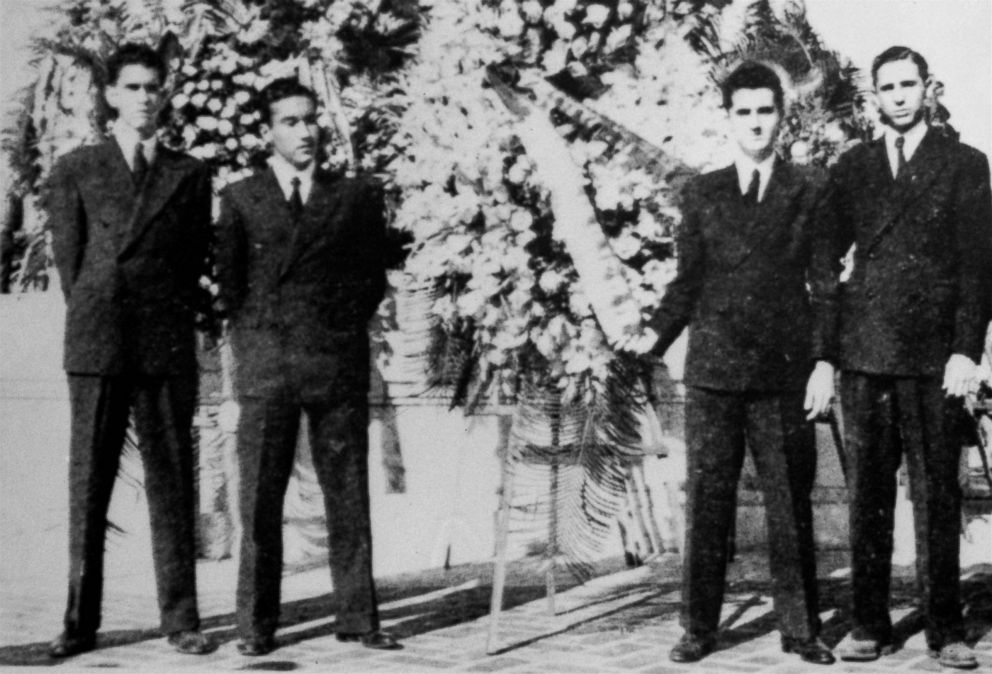
Today, under the rule of Castro's brother Raul, there are free market zones, joint partnerships with foreign companies and farms, stores and businesses allowed to go private -- changes that, along with family money sent from the United States to the tune of $3 billion a year have altered the Cuban people's lives.
It's not a rich country, but I no longer see in my trips people starving. Most people in government jobs make $20 a month, and housing is nearly free, and medical care and education are completely free, creating one of the most educated work forces in the world, according to the Cuban government. Many if not most also have side jobs, selling home grown produce, the fish they catch.
The private workers, a minority of people, make much more money and can be seen driving BMWs to new chic restaurants and night clubs that existed only for foreigners 20 years ago.
I have visited Cuba nearly 40 times in those two decades. The nation's mantra is "life is not easy." There are still struggles as there are in Jamaica, Puerto Rico or the Dominican Republic, but the arc of history seems to be moving in the right direction.
There are fewer political prisoners, many released during the new era of engagement. Cubans no longer fear complaining publicly about economic conditions. They even criticize the government. There are still lines that cannot be crossed, such as organizing opposition parties, criticizing Fidel Castro directly or demonstrating in public.
Remnants of a dictatorship started by the Castros 60 years ago are slowly -- too slowly -- fading away. They are remnants that survived five decades of isolation, just as Fidel Castro did, but that may be erased by the new onslaught of Americans visiting the island with their proud ideas of freedom.
The legacy of Fidel Castro, the cigar chomping revolutionary who lectured the world from his island paradise about the virtues of a failed communist system, may turn out to be that he looked the other way as his brother allowed Cuba to join the capitalist, if not the free world.
The World Reacts to Fidel Castro's Death
